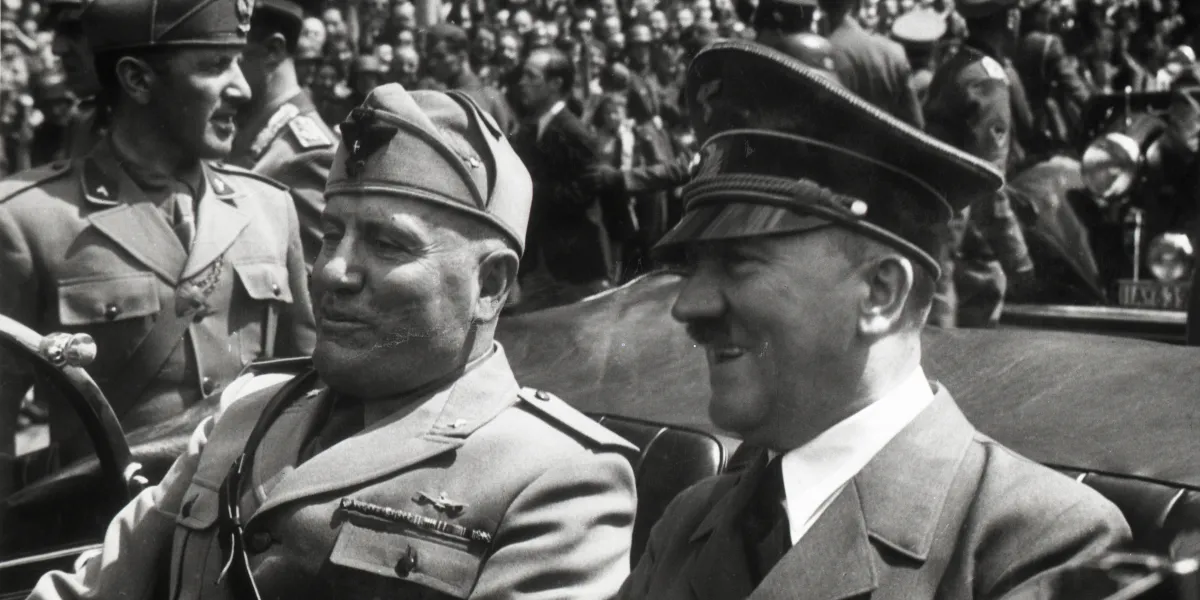APUSH Period 7
1/121
There's no tags or description
Looks like no tags are added yet.
Name | Mastery | Learn | Test | Matching | Spaced |
|---|
No study sessions yet.
122 Terms
American Exceptionalism
The idea that the United States has a unique destiny to foster democracy and civilization on the world stage.
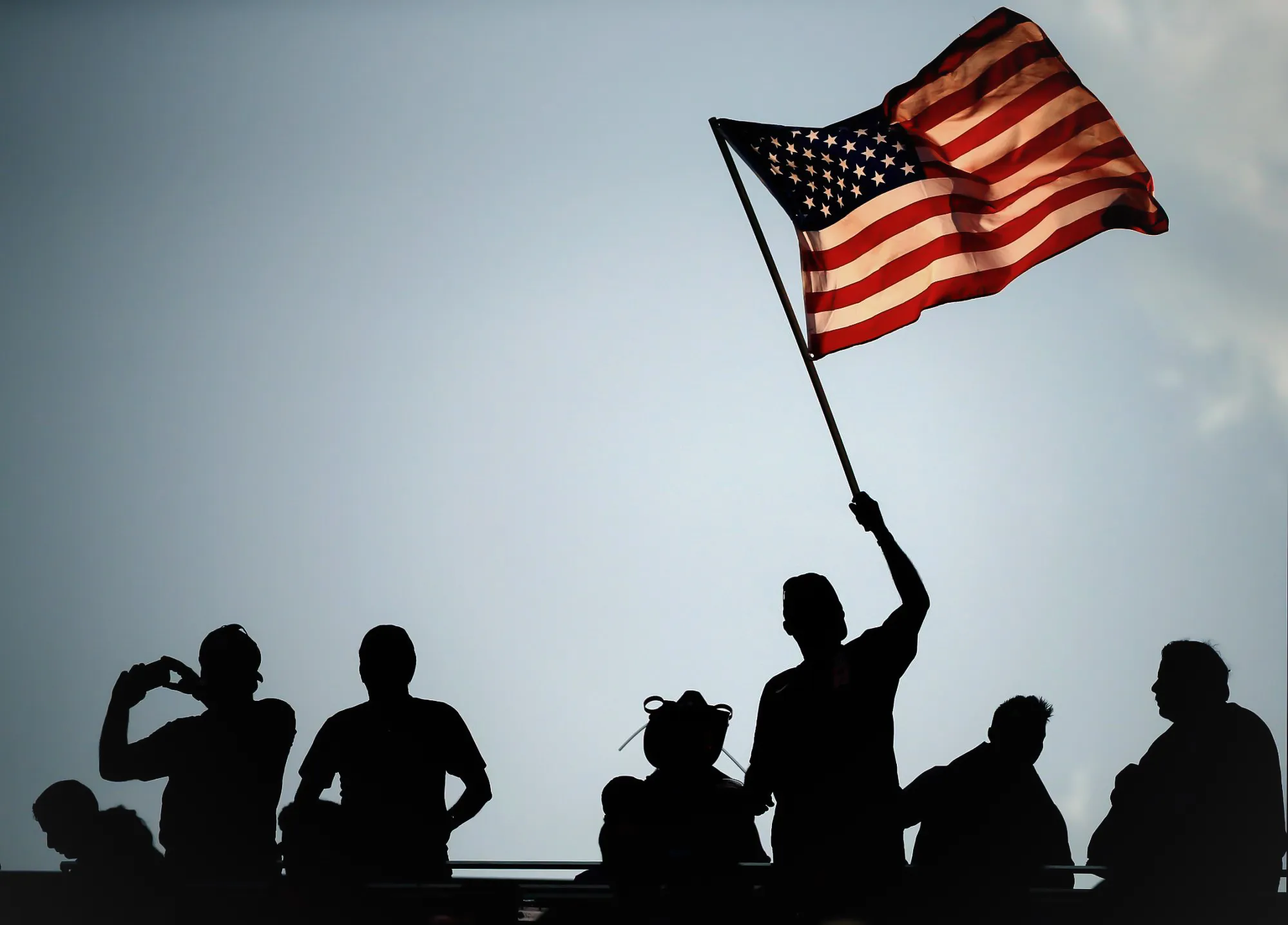
Remember the Maine
After a U.S. battle cruiser exploded in Havana harbor, the New York Journal rallied its readers with this cry, thus galvanizing popular support for the U.S. war against Spain. Evidence of Spanish complicity in the explosion was not found; the likely cause was later found to have been internal to the ship.
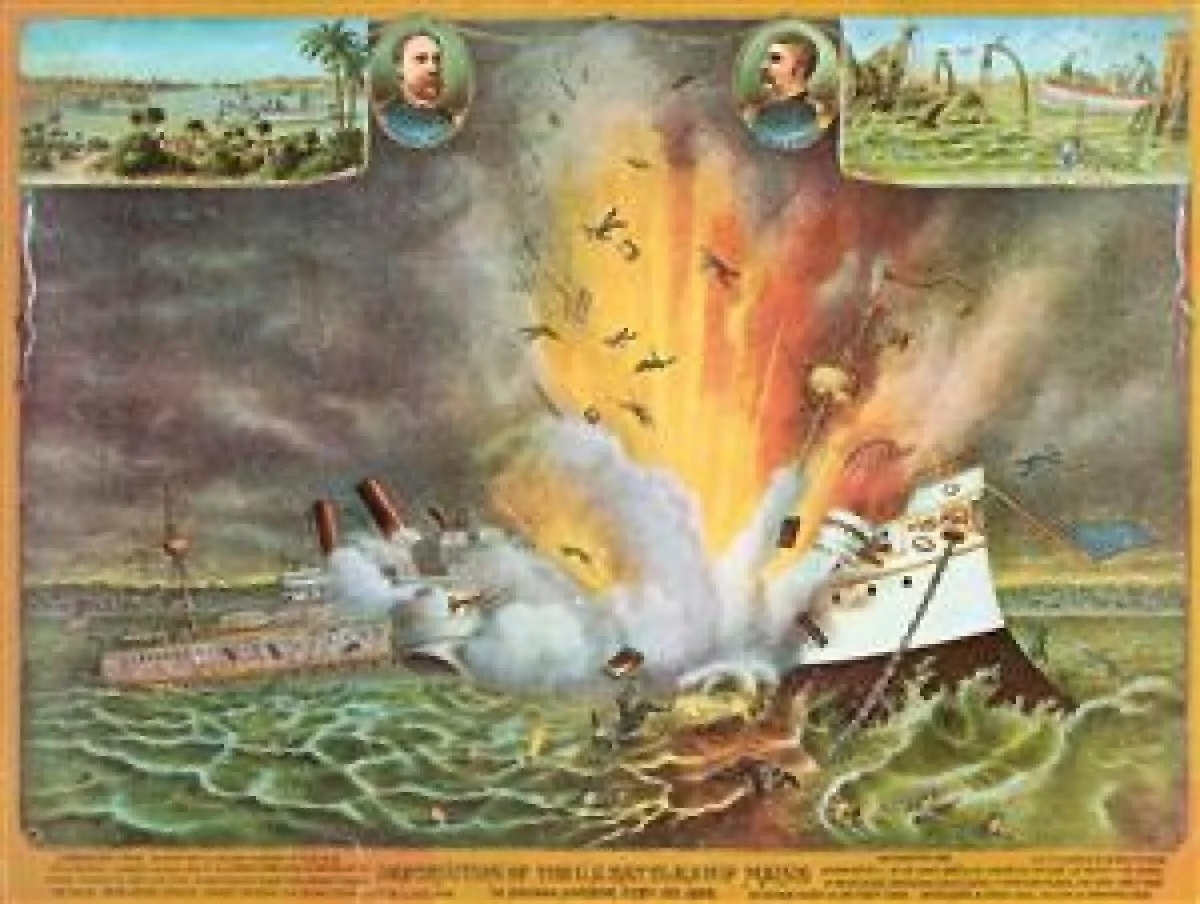
Teller Amendment
An addition to the 1898 U.S. declaration of war against Spain disclaiming any intention by the United States to occupy Cuba. It assured the public that the United States would uphold democracy abroad as well as at home.
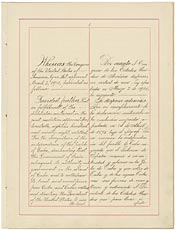
Insular Cases
A set of Supreme Court rulings in 1901 that declared that the U.S. Constitution did not automatically extend citizenship to people in acquired territories; only Congress could decide whether to grant citizenship.
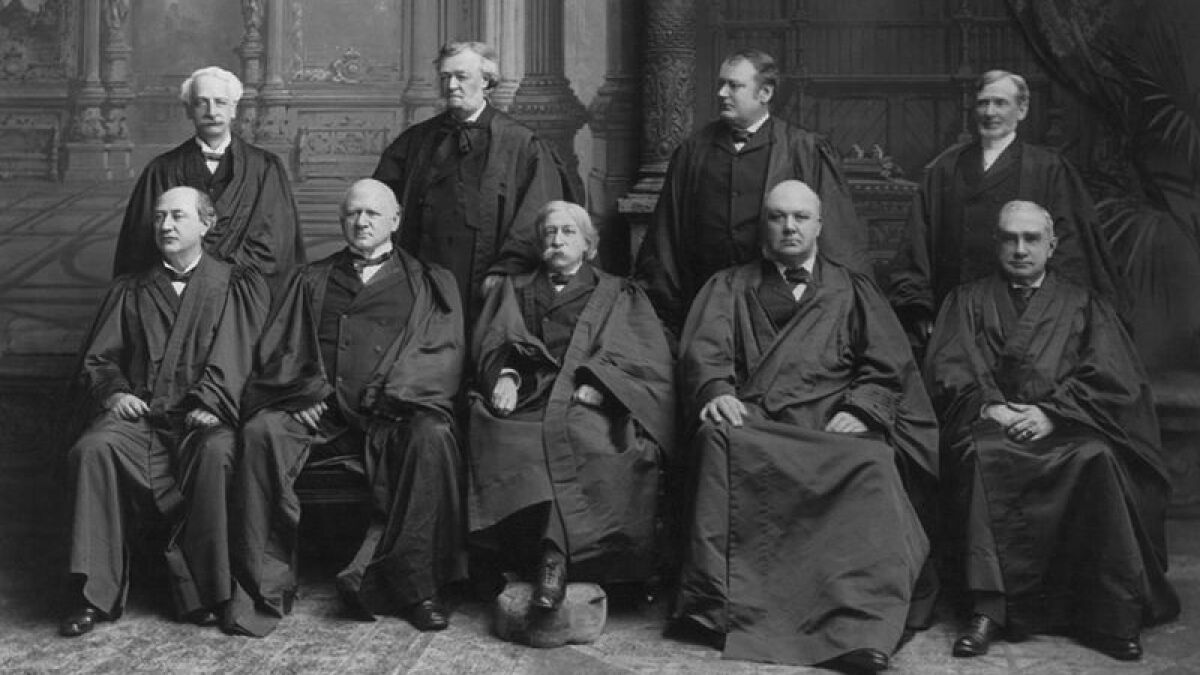
Platt Amendment
A 1902 addition to the Cuban constitution that blocked Cuba from making a treaty with any country except the United States and gave the United States the right to intervene in Cuban affairs. It was a condition for U.S. withdrawal from the newly independent island.
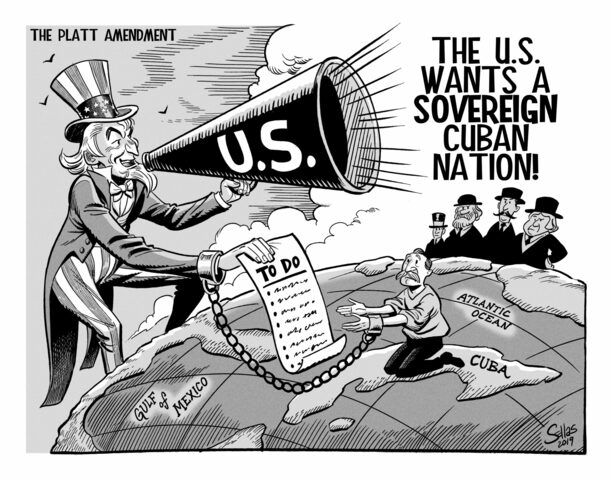
Open Door Policy
A claim put forth by U.S. Secretary of State John Hay that all nations seeking to do business in China should have equal trade access.
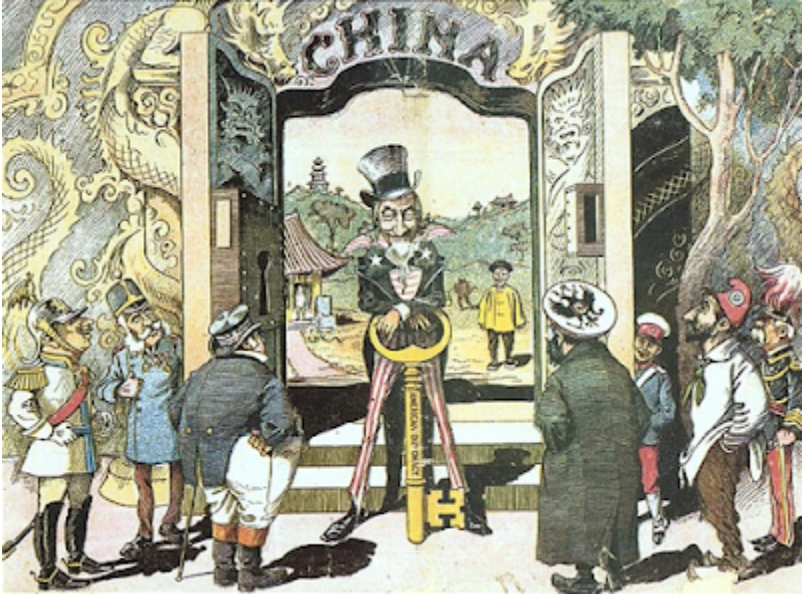
Root-Takahira Agreement
A 1908 arrangement between the United States and Japan confirming principles of free oceanic commerce and recognizing Japan's authority over Manchuria.
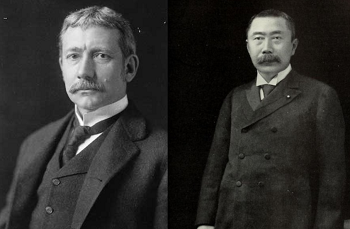
Panama Canal
A waterway across the Isthmus of Panama connecting trade between the Atlantic and Pacific oceans. Built by the U.S. Army Corps of Engineers and opened in 1914, it gave U.S. naval vessels quick access to the Pacific and provided the United States with a commanding position in the Western Hemisphere.
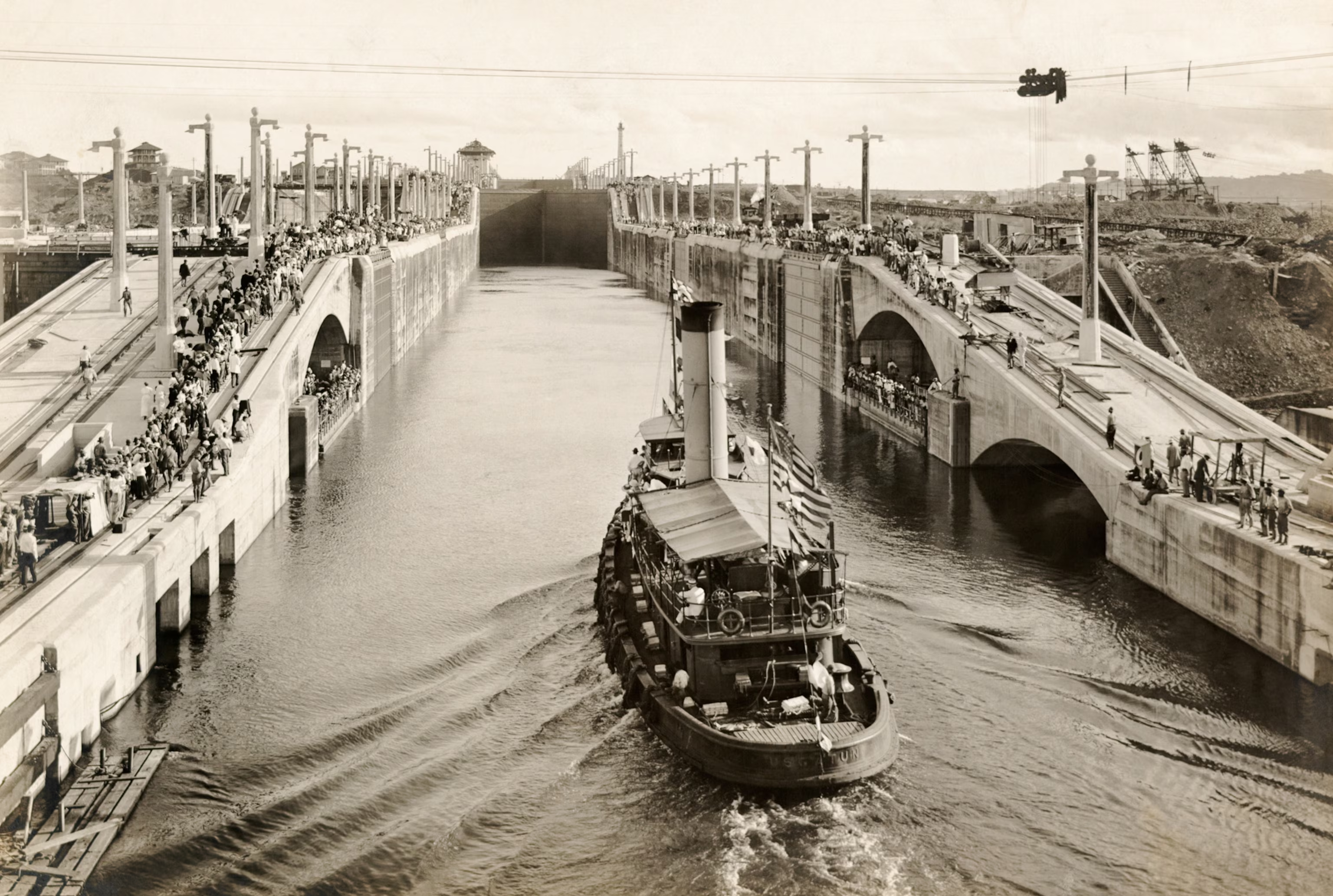
Roosevelt Corollary
The 1904 assertion by President Theodore Roosevelt that the United States would act as a 'policeman' in the Caribbean region and intervene in the affairs of nations that were guilty of 'wrongdoing or impotence' in order to protect U.S. interests in Latin America.
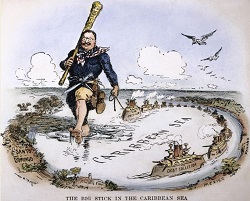
Zimmerman Telegram
A 1917 intercepted dispatch in which the German foreign secretary urged Mexico to join the Central Powers and promised that if the United States entered the war, Germany would help Mexico recover Texas, New Mexico, and Arizona. Published by American newspapers, it outraged the American public and helped precipitate the move toward U.S. entry in the war on the Allied side.
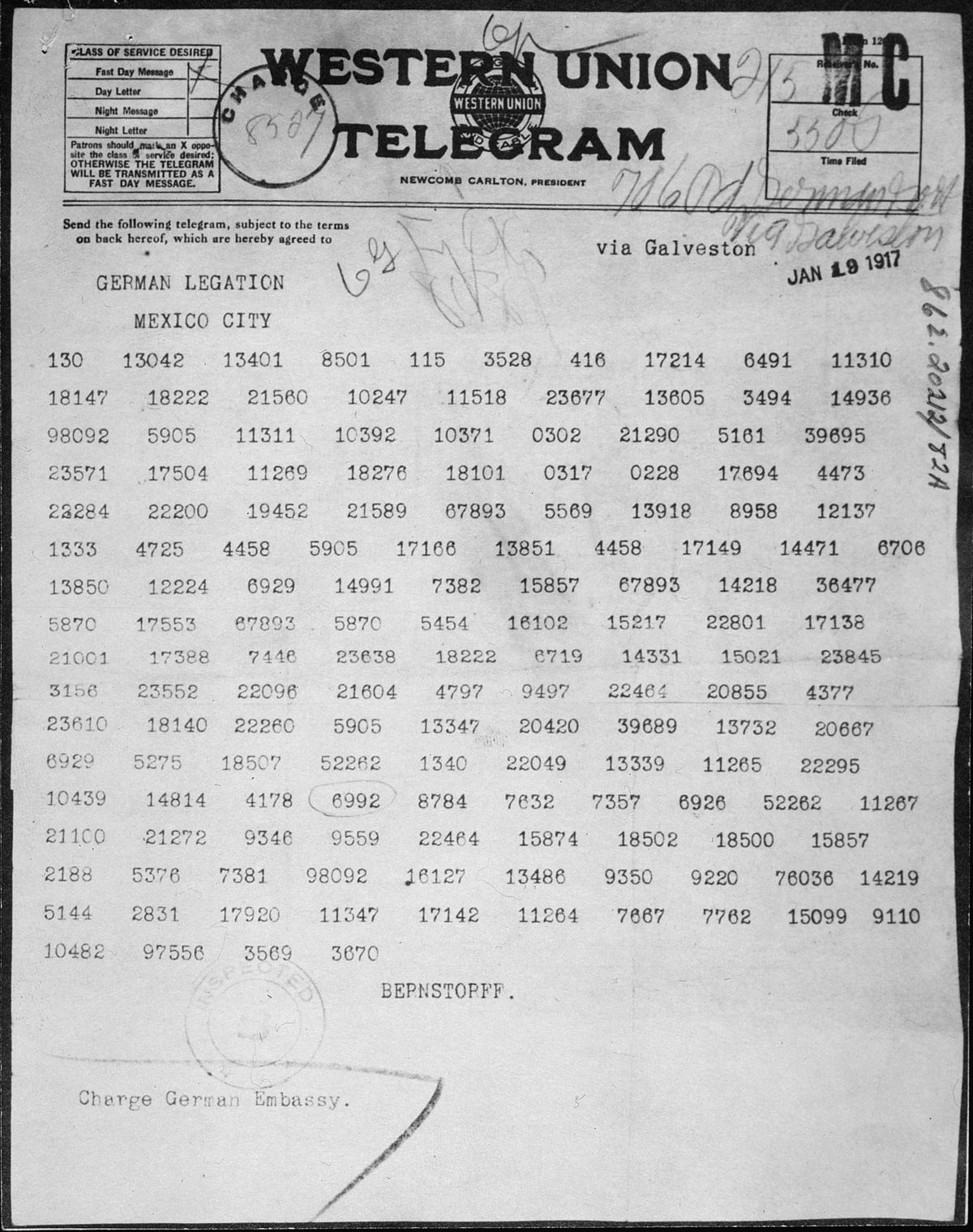
War Industries Board
A federal agency established in July 1917 to direct military production, including allocation of resources, conversion of factories to war production, and setting of prices.
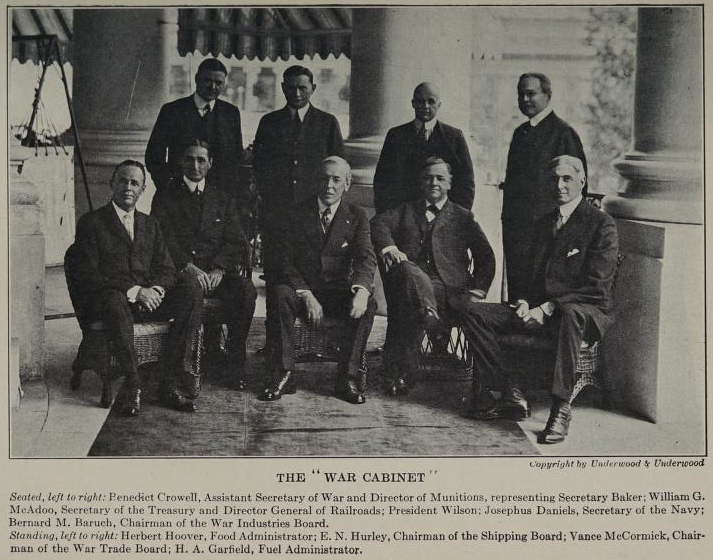
National War Labor Board
A federal agency founded in 1918 that established an eight-hour day for war workers (with time-and-a-half pay for overtime), endorsed equal pay for women, and supported workers' right to organize.
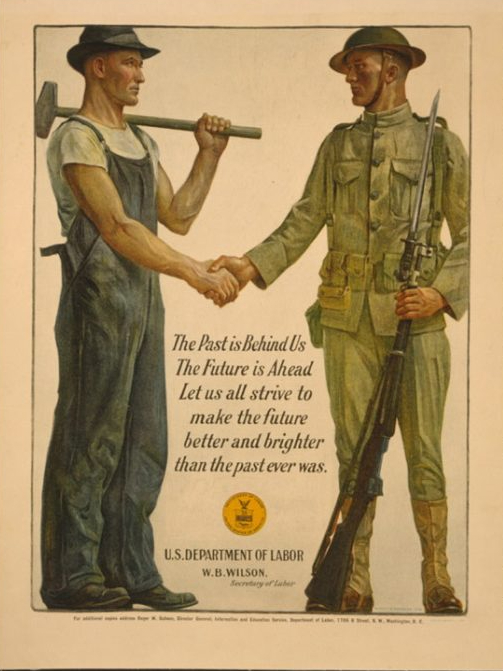
Committee on Public Information
An organization set up by President Woodrow Wilson during World War I to increase support for America's participation in the war. It was a national propaganda machine that helped create a political climate intolerant of dissent.
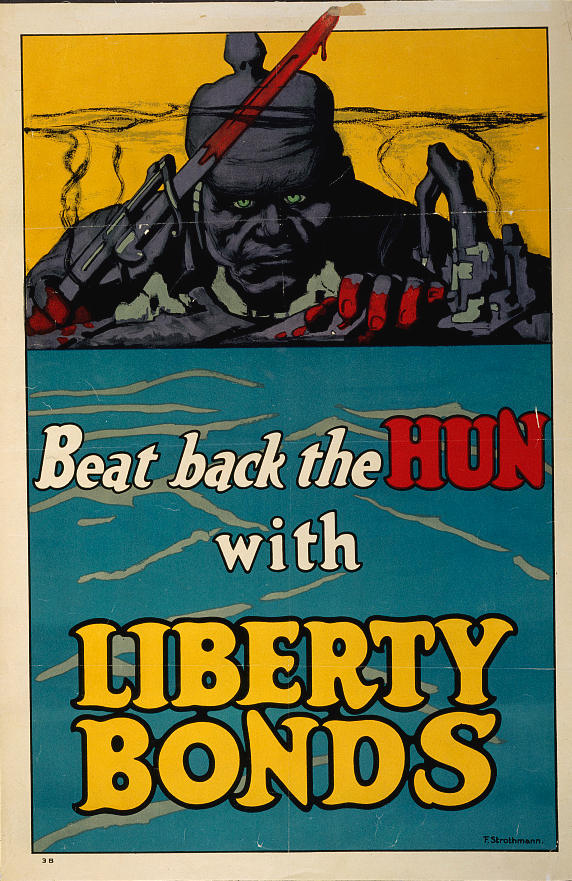
Four-Minute Men
Name given to thousands of volunteers enlisted by the Committee on Public Information to deliver short prowar speeches at movie theaters as part of an effort to galvanize public support for the war and suppress dissent.
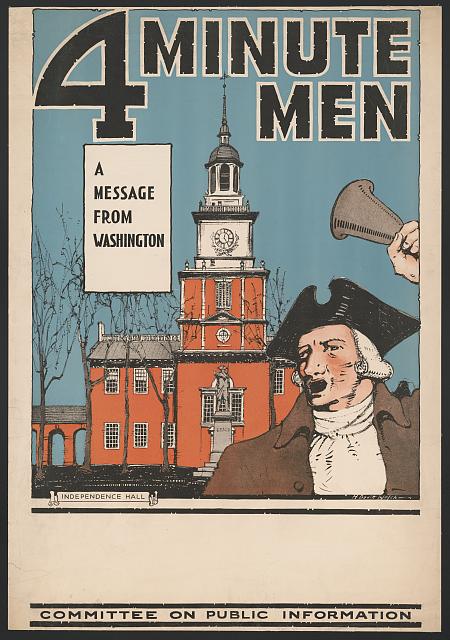
Sedition Act of 1918
Wartime law that prohibited any words or behavior that might promote resistance to the United States or help in the cause of its enemies.
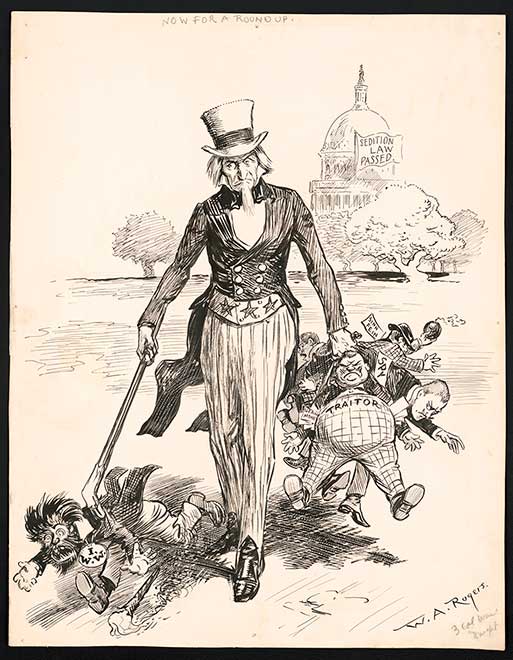
Great Migration
The move of over four hundred thousand African Americans from the rural South to the industrial cities of the North during and after World War I.
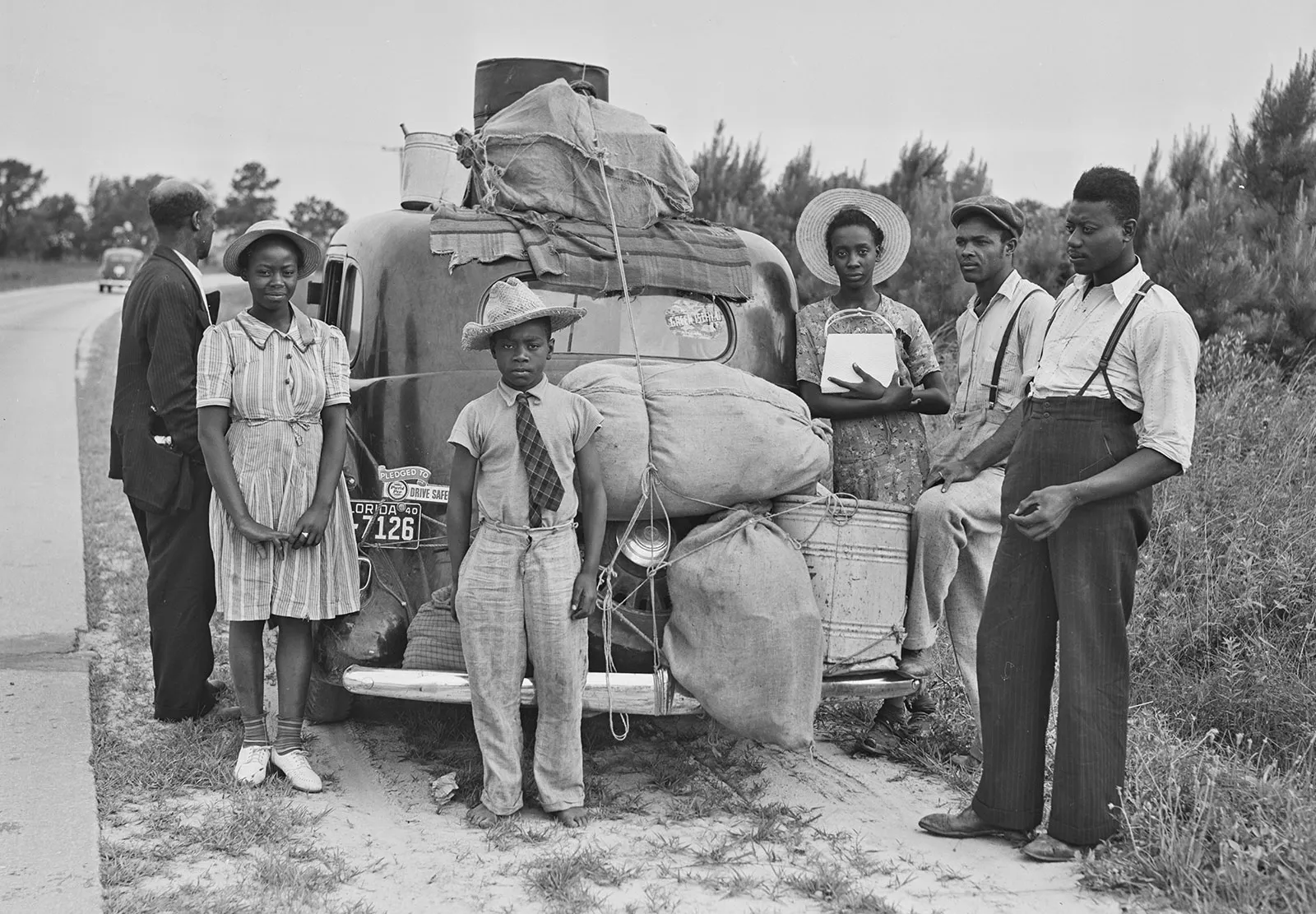
National Woman's Party
A political party founded in 1916 that fought for an Equal Rights Amendment to the U.S. Constitution in the early twentieth century.
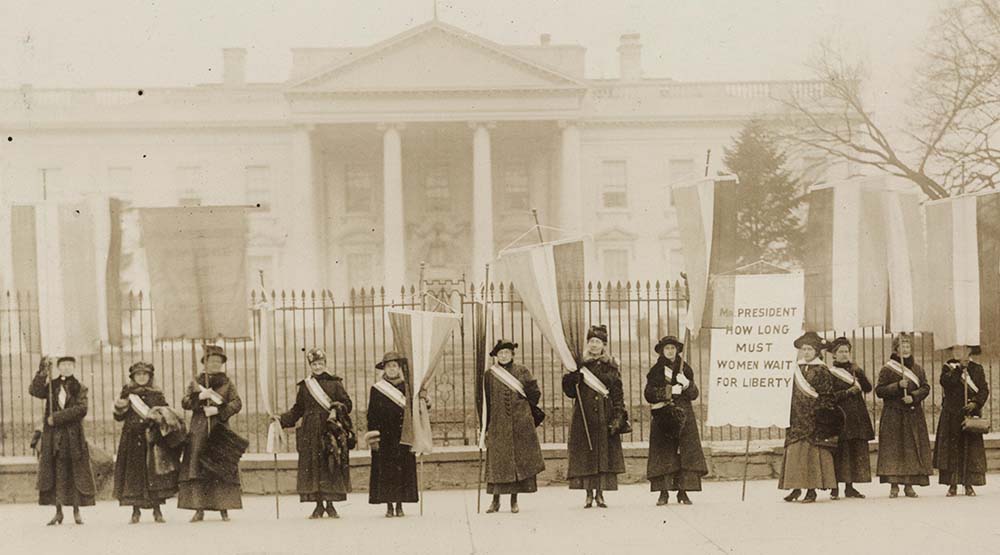
Fourteen Points
Principles for a new world order proposed in 1919 by President Woodrow Wilson as a basis for peace negotiations at Versailles. Among them were open diplomacy, freedom of the seas, free trade, territorial integrity, arms reduction, national self-determination, and creation of the League of Nations.
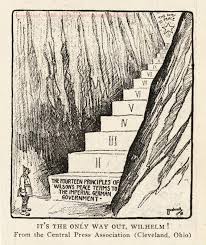
League of Nations
The international organization bringing together world governments to prevent future hostilities. It was proposed by President Woodrow Wilson in the aftermath of World War I. Although it did form, the United States never became a member state.
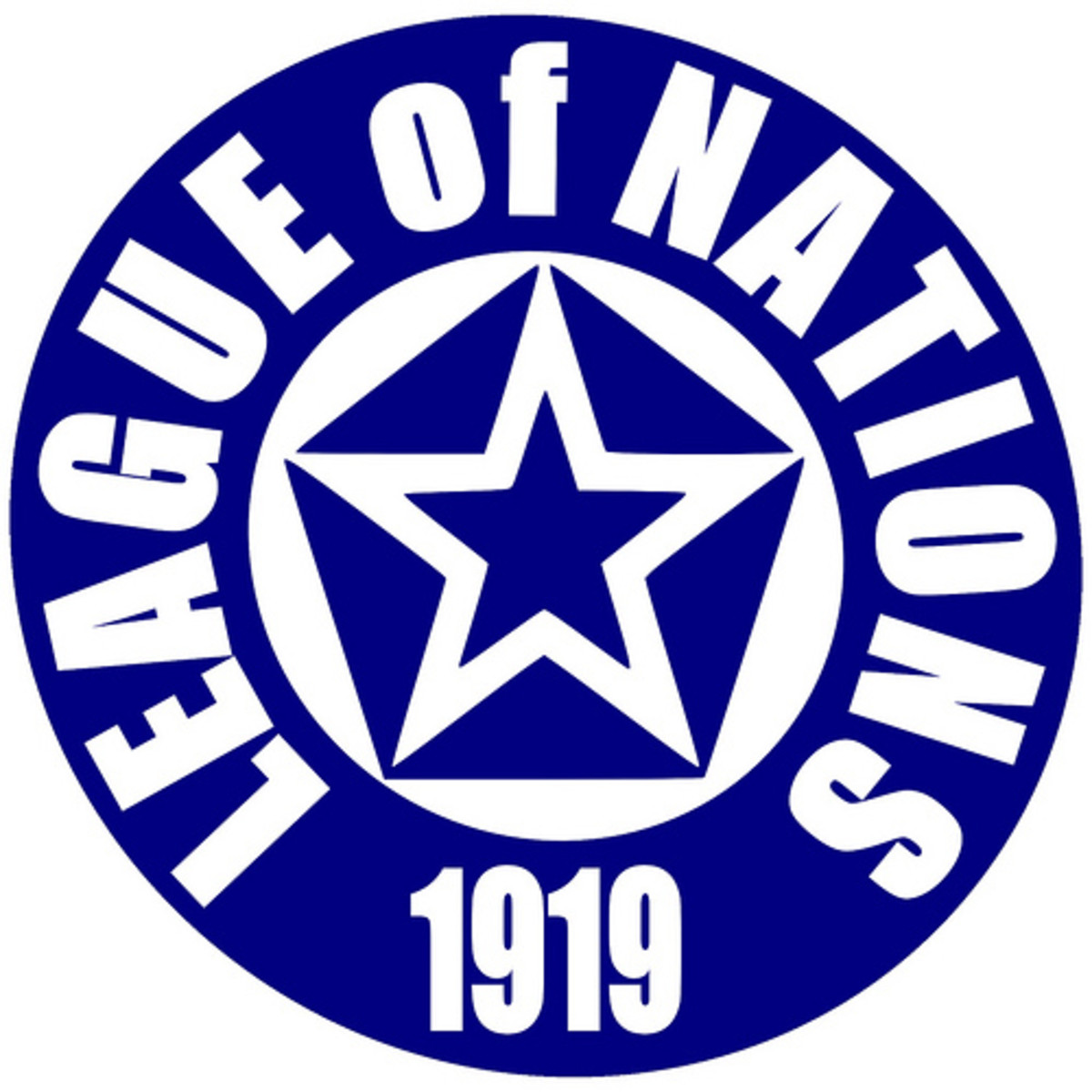
Treaty of Versailles (1919)
The agreement that ended World War I. It redrew the map of the world, assigned Germany sole responsibility for the war, and saddled it with a debt of $33 billion in war damages. Its long-term impact around the globe—including the creation of British and French imperial 'mandates'—was catastrophic.
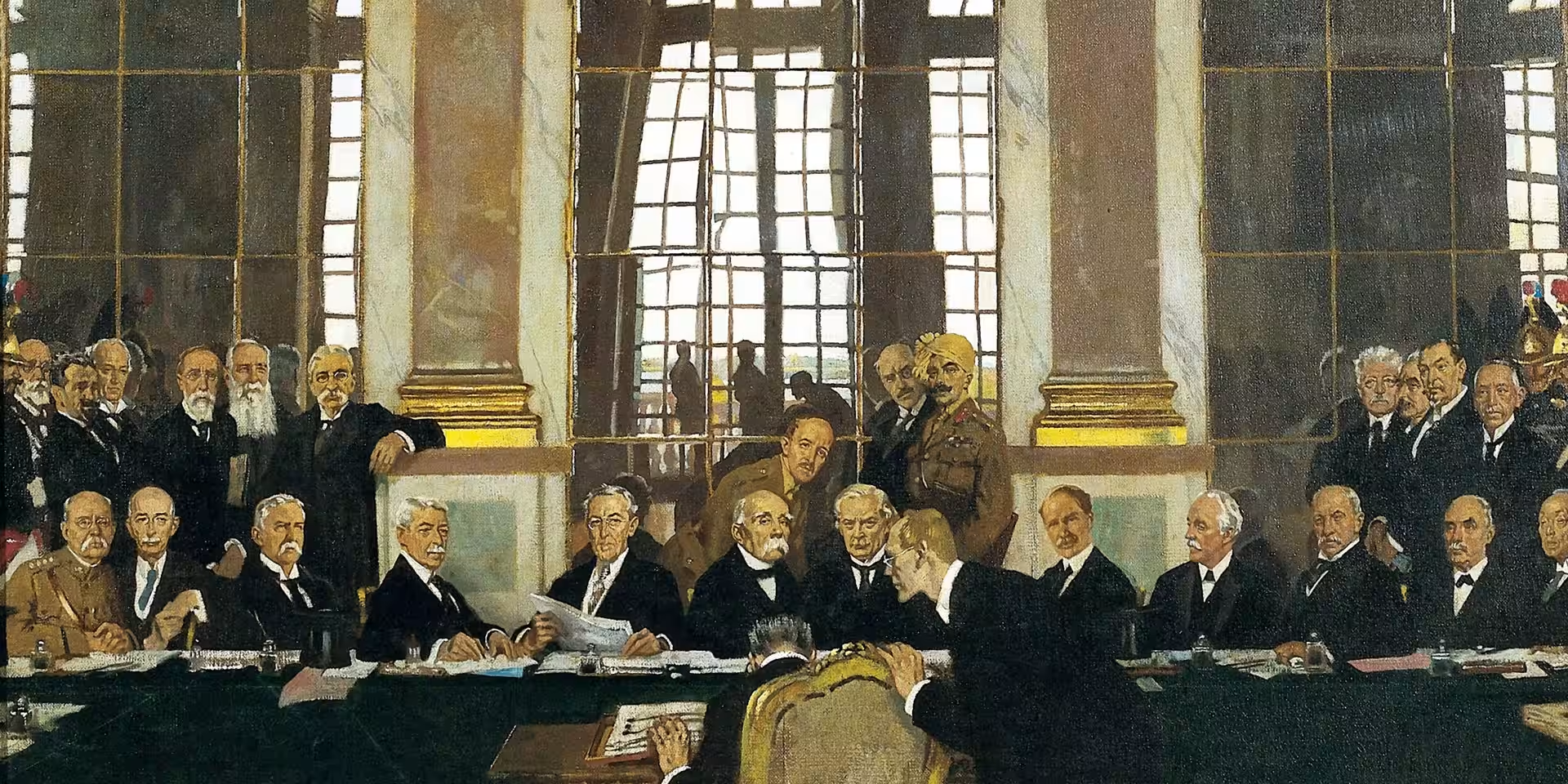
Theodore Roosevelt
The 26th president of the United State, Assistant Secretary of the Navy, and the commandeer of the Rough Riders; greatly expanded the powers of the presidency, trust-busting; Hepburn Act, Food and Drug Act, conservatism; increased size of Navy, "Great White Fleet"; added the Roosevelt Corollary to Monroe Doctrine, "Big Stick" policy, Panama Canal; received the Peace Prize for mediation of the Russo-Japanese War; later arbitrated split of Morocco between Germany and France
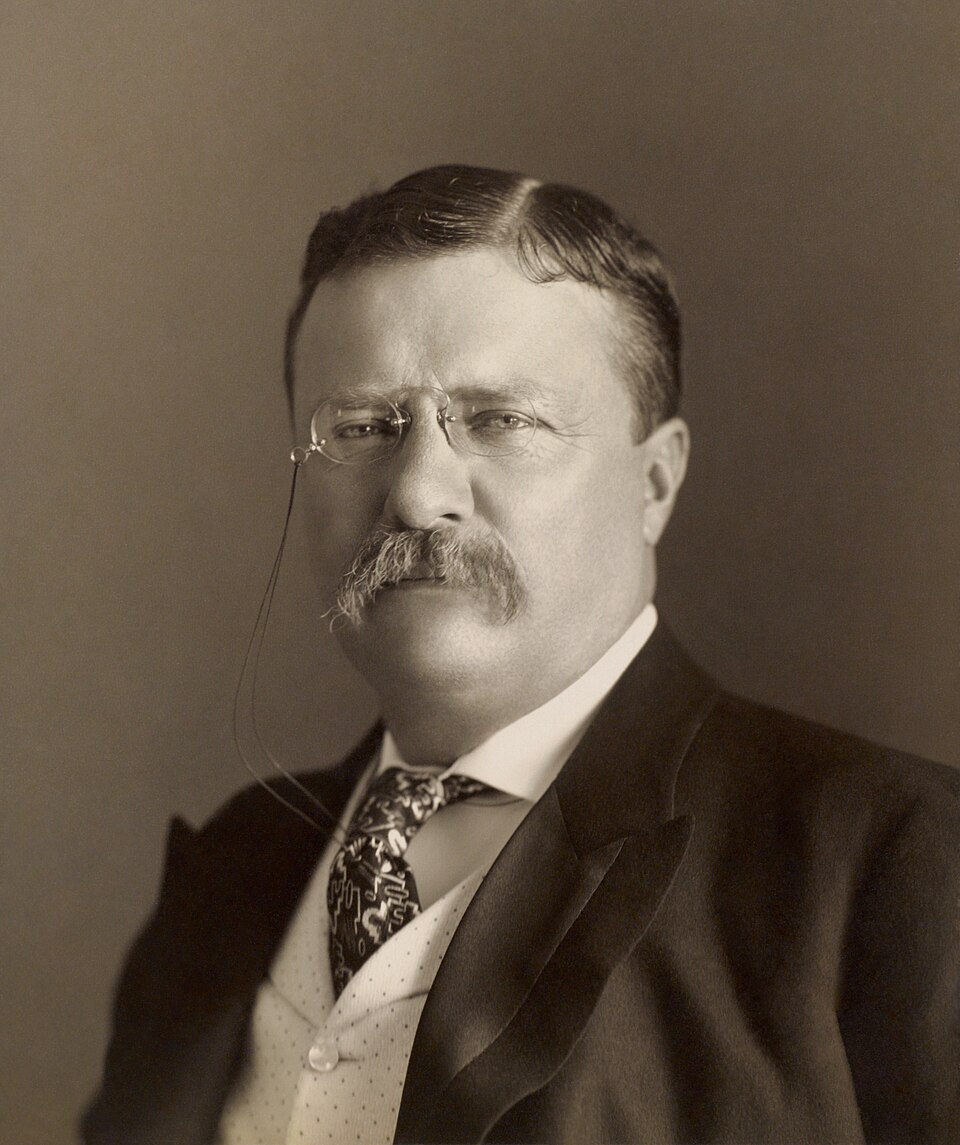
Alfred Mahan
Huge advocate of imperialism, sea captain, and admiral in the Navy; wrote The Influence of Sea Power Upon History: control of the sea was the key to world dominance, stimulating the naval race among the great powers; believed the U.S. needed to establish a defensive basis in the Caribbean and the Pacific
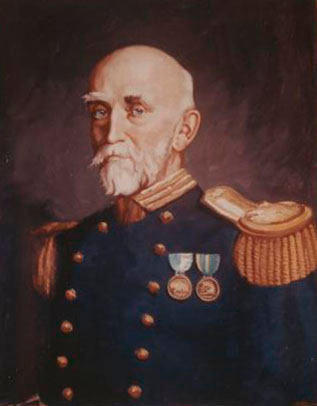
Queen Liliuokalani
The last reigning queen of Hawaii; resisted imperialism and wanted native Hawaiians to control the Islands; American planters wanted to annex Hawaii
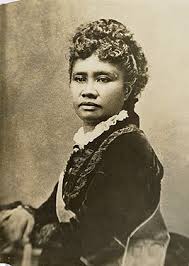
Emilio Aguinaldo
Leader of the Filipino independence movement against Spain (1895-1898). He proclaimed the independence of the Philippines in 1899, but his movement was crushed and he was captured by the United States Army in 1901.
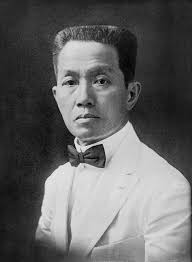
Porfirio Diaz
Military dictator of Mexico who led a corrupt government and was overthrown by revolutionaries in 1911.
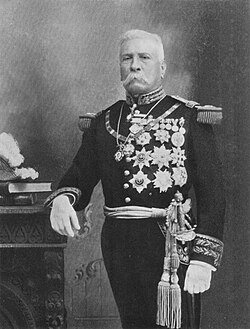
Woodrow Wilson
Known for World War I leadership, created Federal Reserve, Federal Trade Commission, Clayton Antitrust Act, Progressive Income Tax, lower tariffs, Women’s Suffrage (reluctantly), Treaty of Versailles, Fourteen Points, League of Nations (but failed to win U.S. ratification), won Nobel Peace Prize
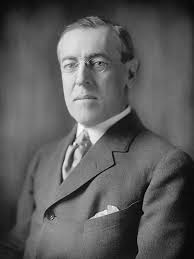
Herbert Hoover
31st President of the United States from 1929 to 1932; Republican who ran on a campaign of prohibition and prosperity; the early years of his presidency brought about a great deal of prosperity for the United States; many people blamed him for the stock market crash
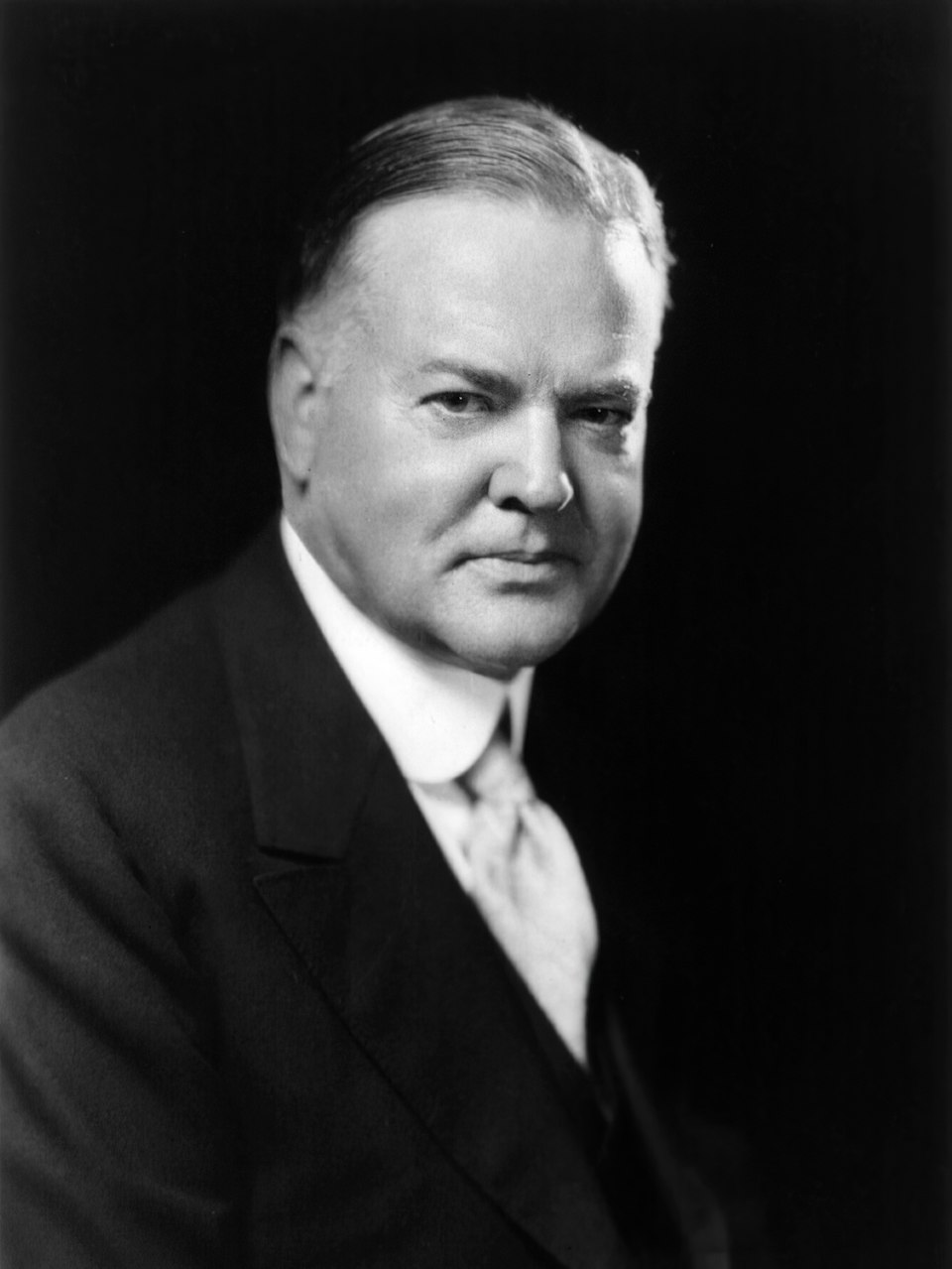
Alice Paul
American suffragist, feminist, and women's rights activist; founded the World Woman's Party in 1938 and created international networks among women and worked to make sure that equal rights for men and women become a part of the United Nations' platform
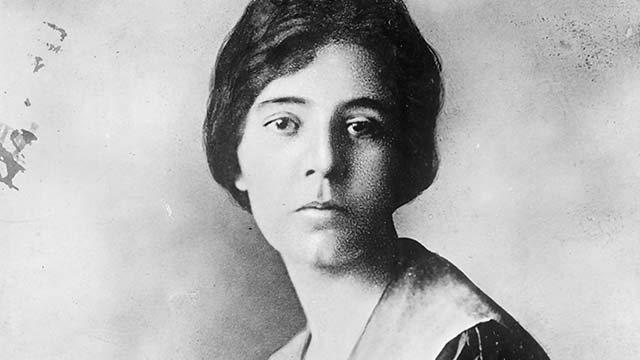
Adkins v. Children's Hospital
The 1923 Supreme Court case that voided a minimum wage for women workers in the District of Columbia, reversing many of the gains achieved in Muller v. Oregon
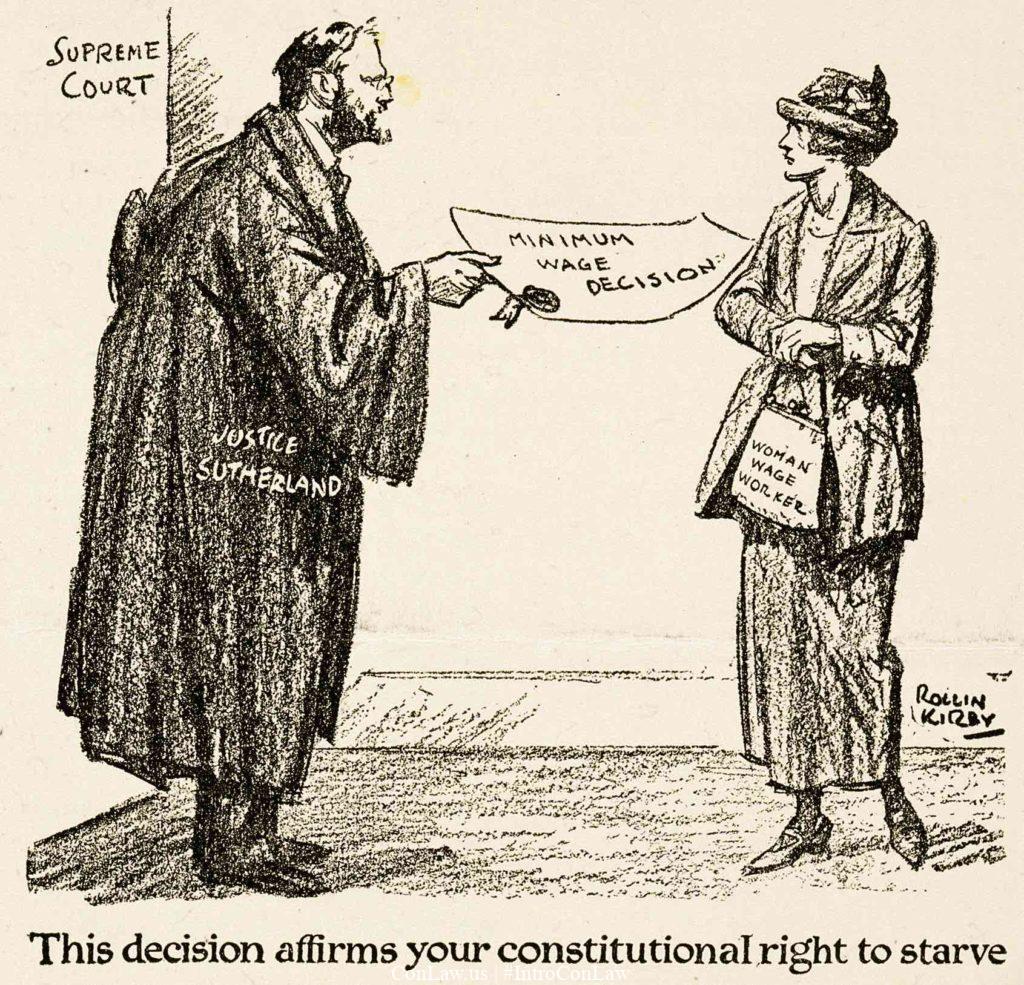
American Civil Liberties Union
An organization formed during the Red Scare to protect free speech rights
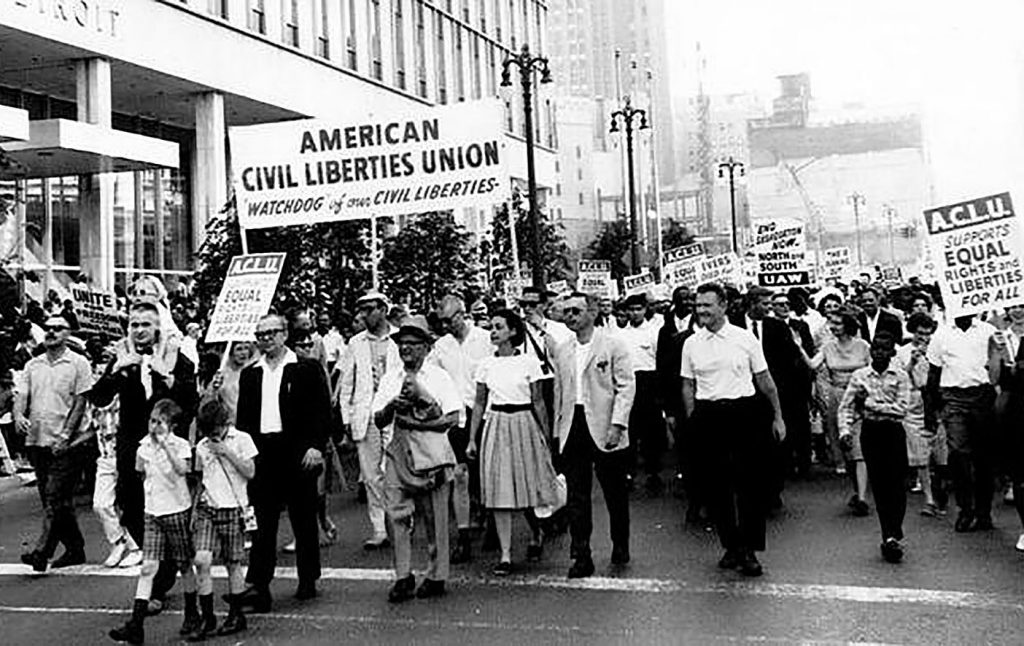
Associated State
A system of voluntary business cooperation with government. The Commerce Department helped create two thousand trade associations representing companies in almost every major industry.
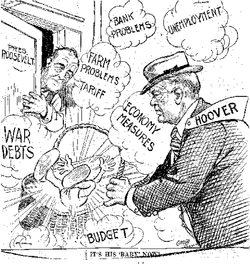
Consumer Credit
New forms of borrowing such as auto loans and installment plans, which flourished in the 1920s but helped trigger the Great Depression.
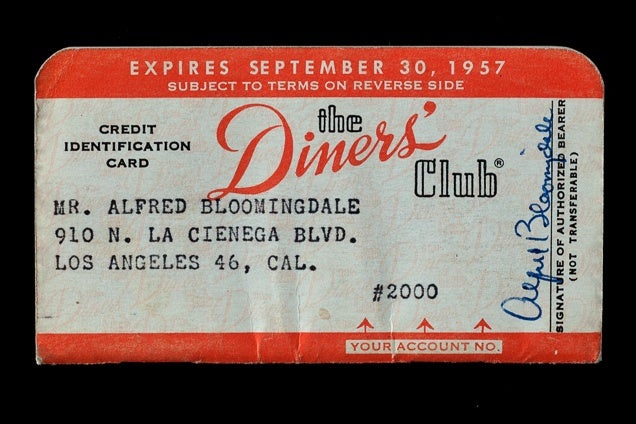
Dollar Diplomacy
Policy emphasizing the connection between America's economic and political interests overseas.
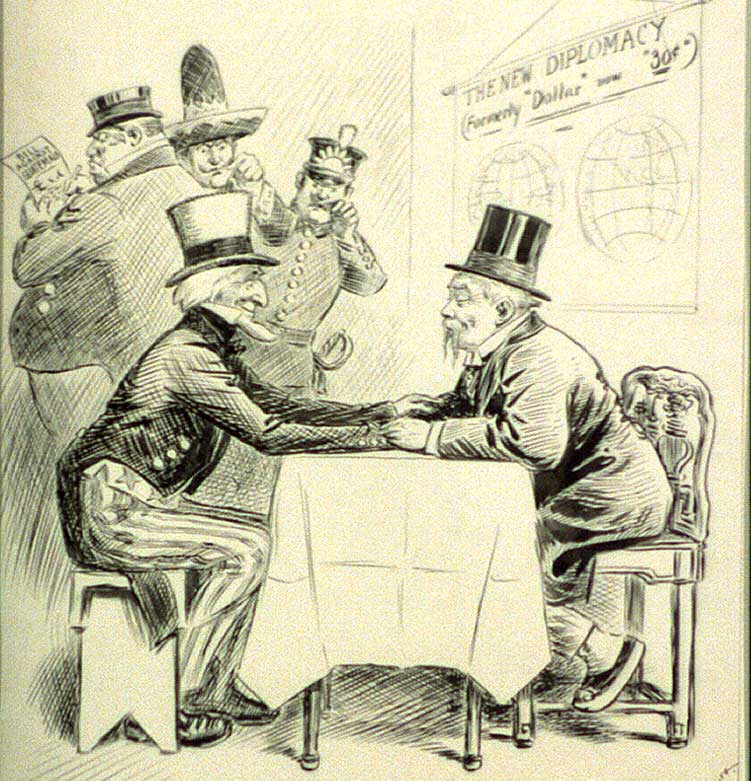
Flapper
A young woman of the 1920s who defied conventional standards of conduct by wearing short skirts and makeup, freely spending the money she earned on the latest fashions, dancing to jazz, and flaunting her liberated lifestyle.
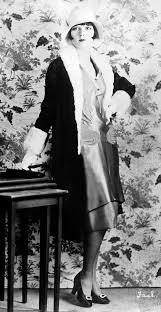
Harlem Renaissance
A flourishing of African American artists, writers, intellectuals, and social leaders in the 1920s, centered in New York City.
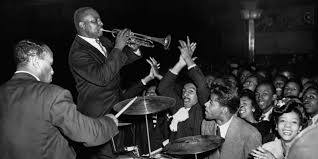
Hollywood
City in the Los Angeles area of California where, by the 1920s, nearly 90 percent of all films in the world were produced.
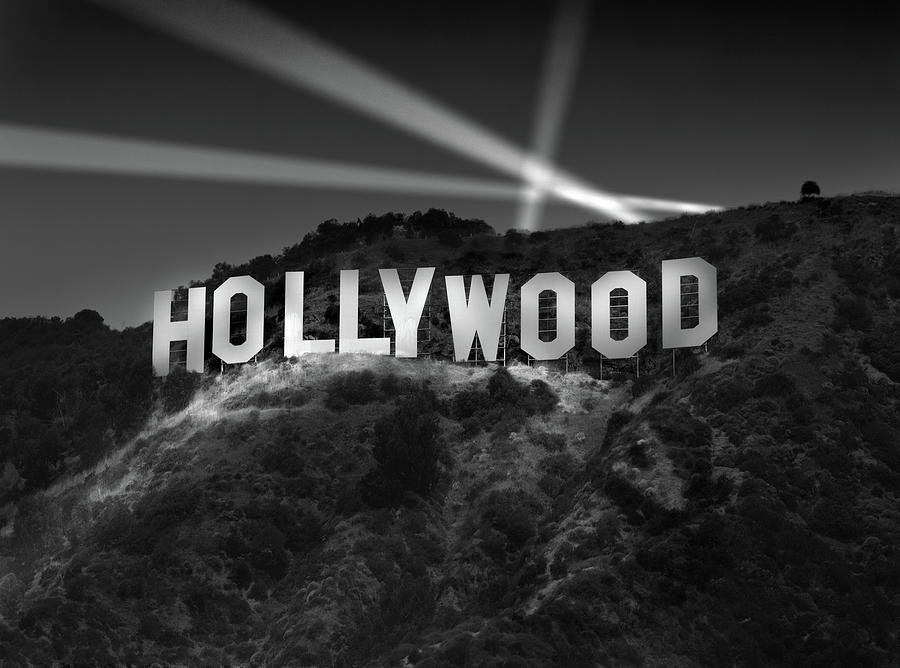
Jazz
Unique American musical form, developed in New Orleans and other parts of the South before World War I. Musicians developed an ensemble improvisational style.
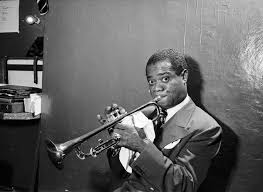
Ku Klux Klan
Secret society that first undertook violence against African Americans after the Civil War but was reborn in 1915 to fight the perceived threats posed by African Americans, immigrants, radicals, feminists, Catholics, and Jews.
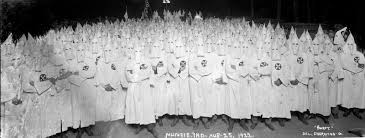
Lost Generation
The phrase coined by writer Gertrude Stein to refer to young artists and writers who had suffered through World War I and felt alienated from America's mass-culture society in the 1920s.
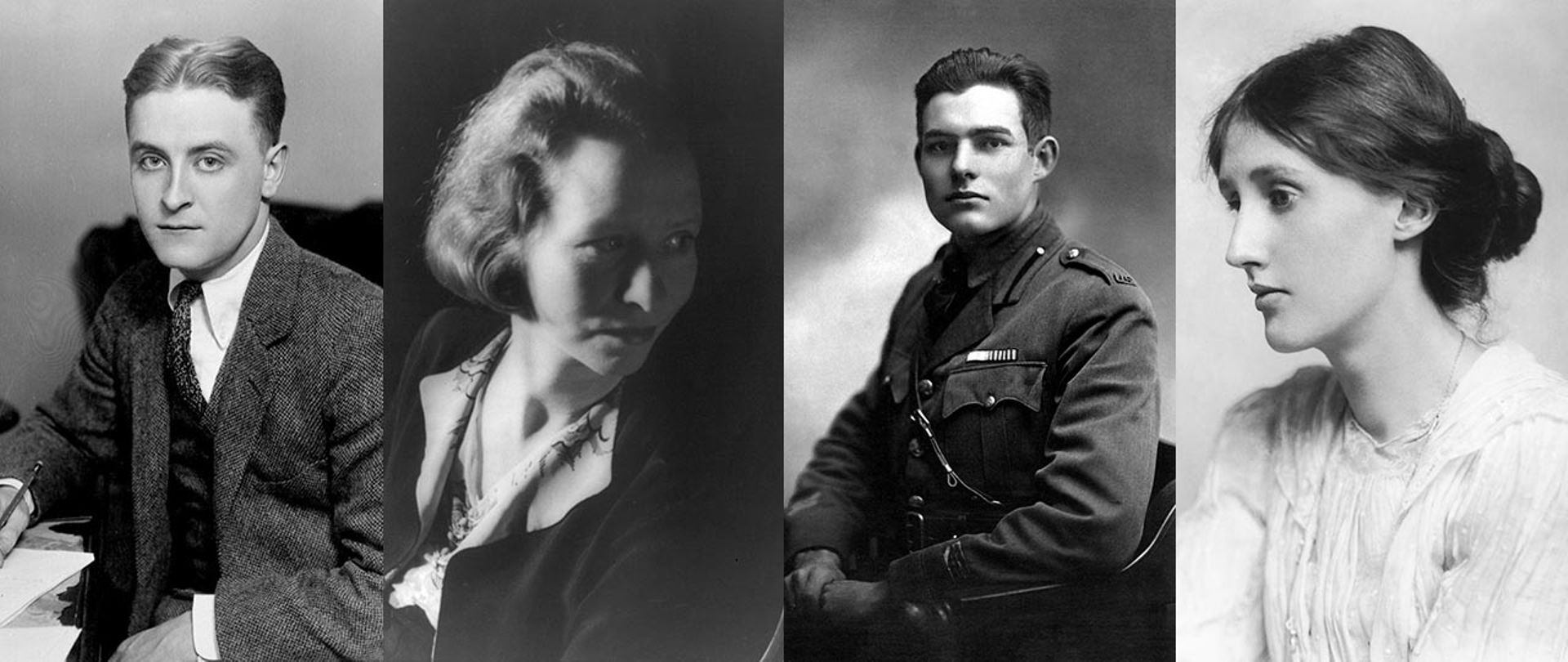
National Origins Act of 1924
A law limiting annual immigration from each country to no more than 2 percent of that nationality's percentage of the U.S. population as it had stood in 1890. The law severely limited immigration, especially from southern and Eastern Europe.
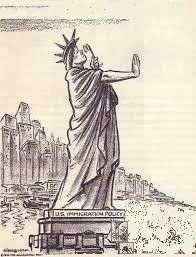
Palmer Raids
A series of searches led by the attorney general on radical organizations that peaked in January 1920, when federal agents arrested six thousand citizens and aliens and denied them access to legal counsel.
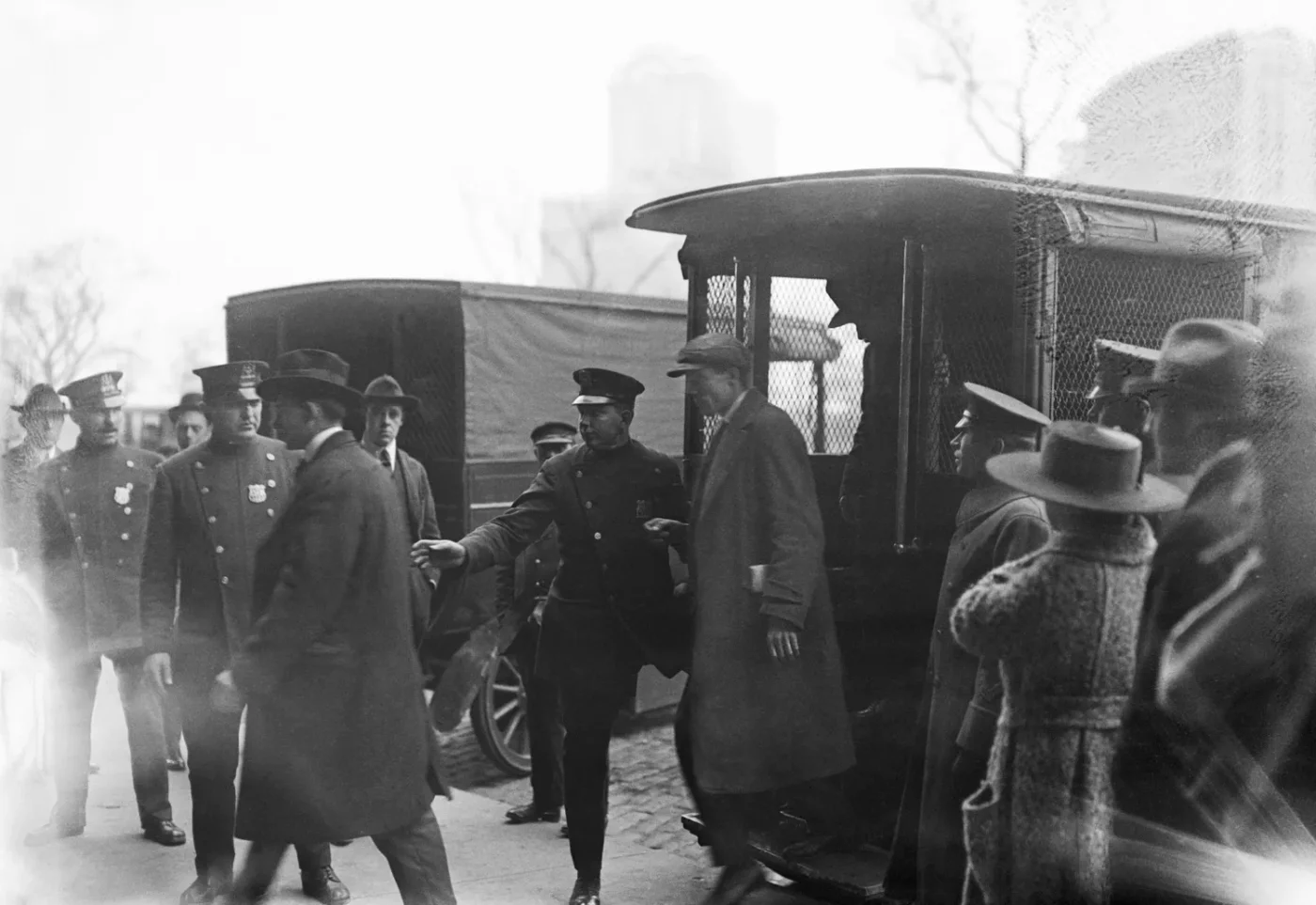
Pan-Africanism
The idea that people of African descent, in all parts of the world, have a common heritage and destiny and should cooperate in political action.
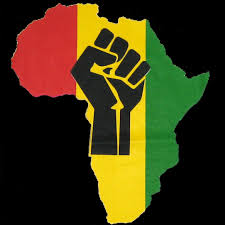
Prohibition
The ban on the manufacture and sale of alcohol that went into effect in January 1920 with the Eighteenth Amendment. It was repealed in 1933.
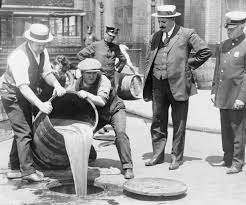
Red Scare
A term for anticommunist hysteria that swept the United States, first after World War I, and led to a series of government raids on alleged subversives and a suppression of civil liberties.
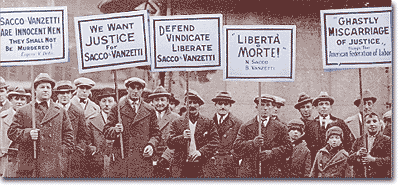
Scopes Trial
The 1925 trial of a biology teacher in Dayton, Tennessee, for violating his state's ban on teaching evolution. The trial created a nationwide media frenzy and came to be seen as a showdown between urban and rural values.
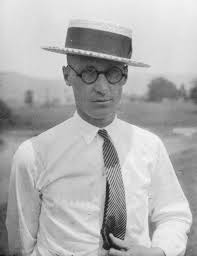
Sheppard-Towner Federal Maternity and Infancy Act of 1921
The first federally funded health-care legislation that provided federal funds for medical clinics, prenatal education programs, and visiting nurses.
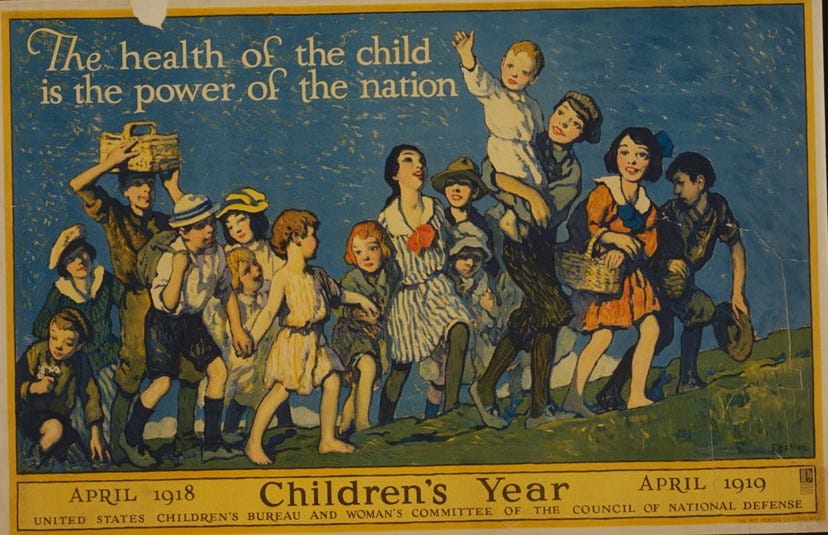
Soft Power
The exercise of popular cultural influence abroad as American radio and movies became popular around the world in the 1920s, transmitting American cultural ideals overseas.
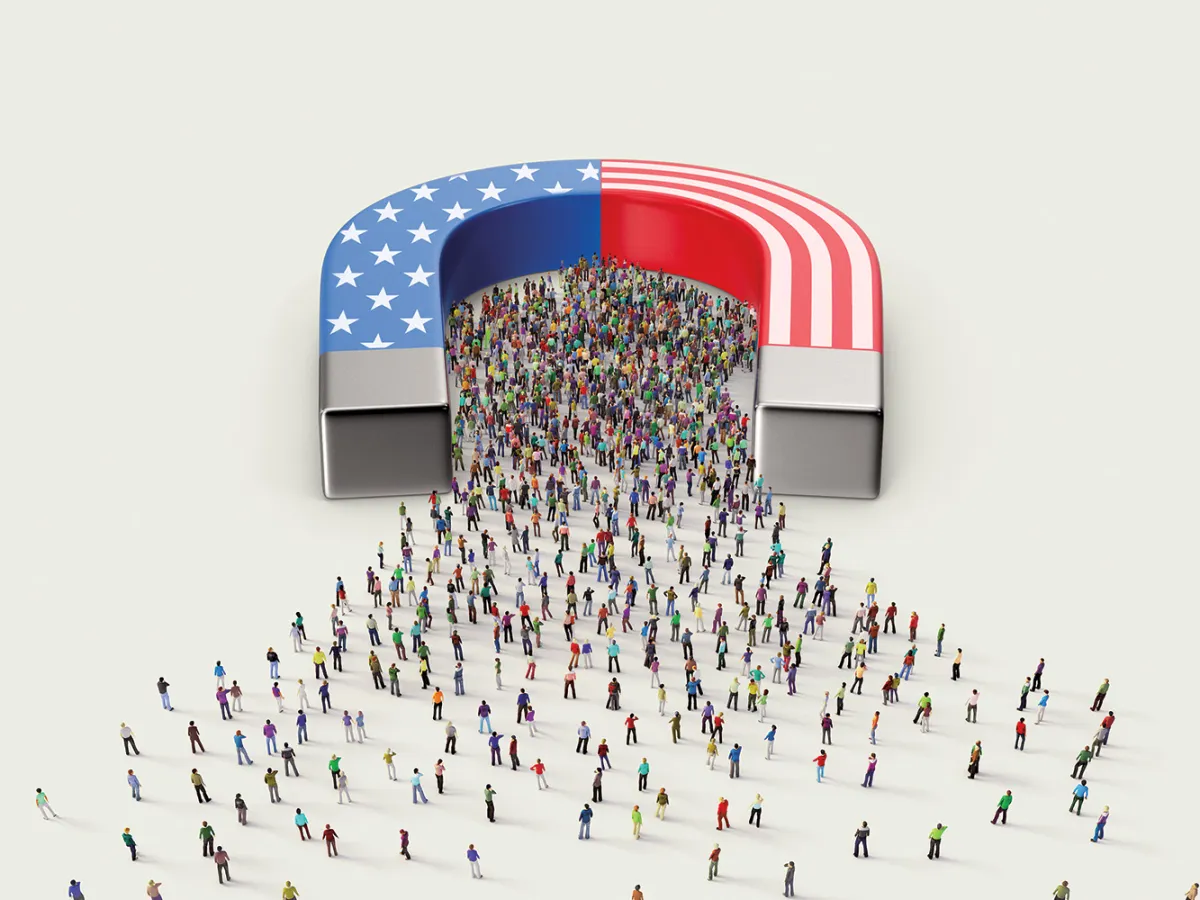
Teapot Dome Scandal
Nickname for the scandal in which Interior Secretary Albert Fall accepted $300,000 in bribes for leasing oil reserves on public land in Wyoming. It was part of a larger pattern of corruption that marred Warren G. Harding's presidency.
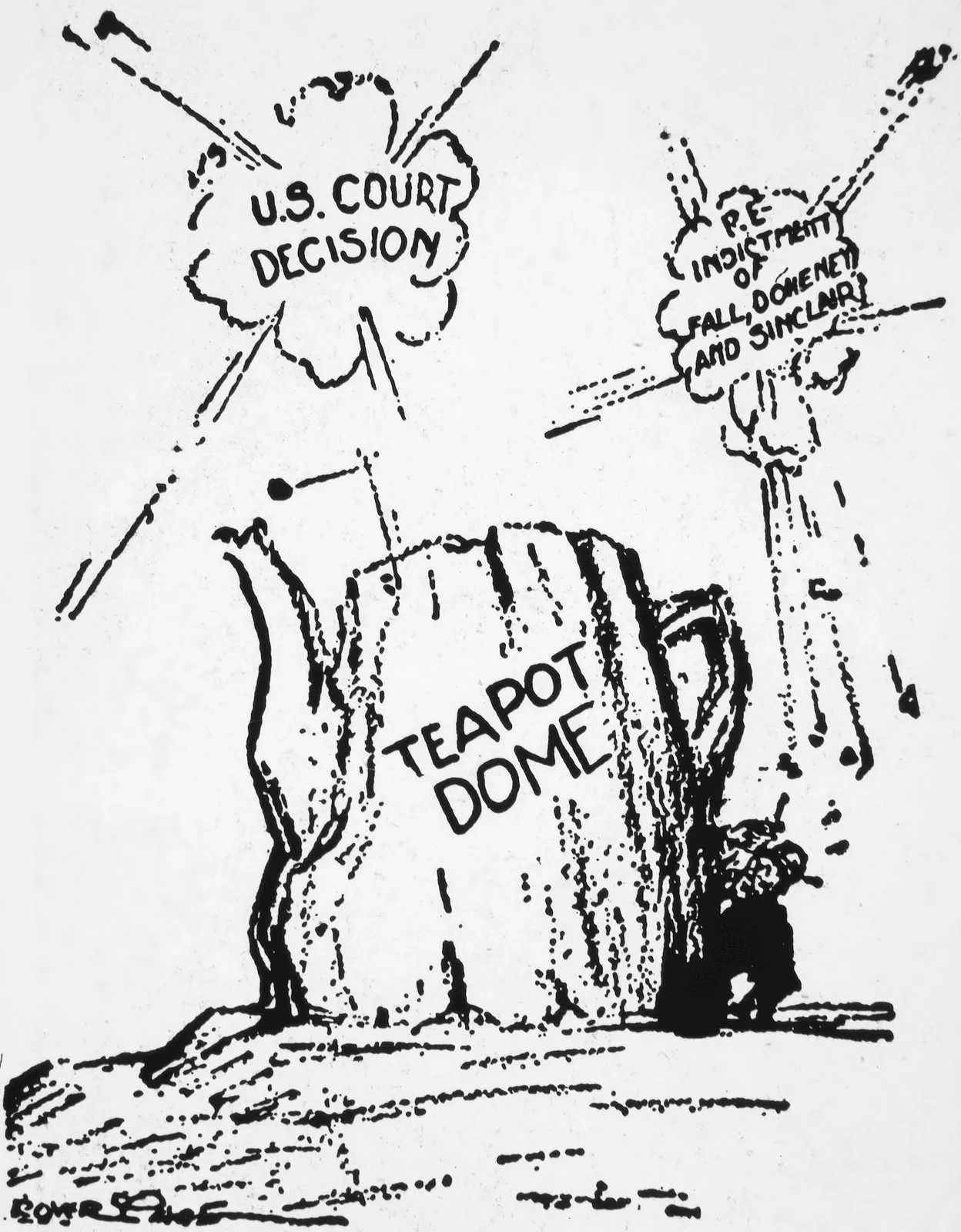
Universal Negro Improvement Association
A Harlem-based group, led by charismatic Jamaican-born Marcus Garvey, that arose in the 1920s to mobilize African American workers and champion black separatism.
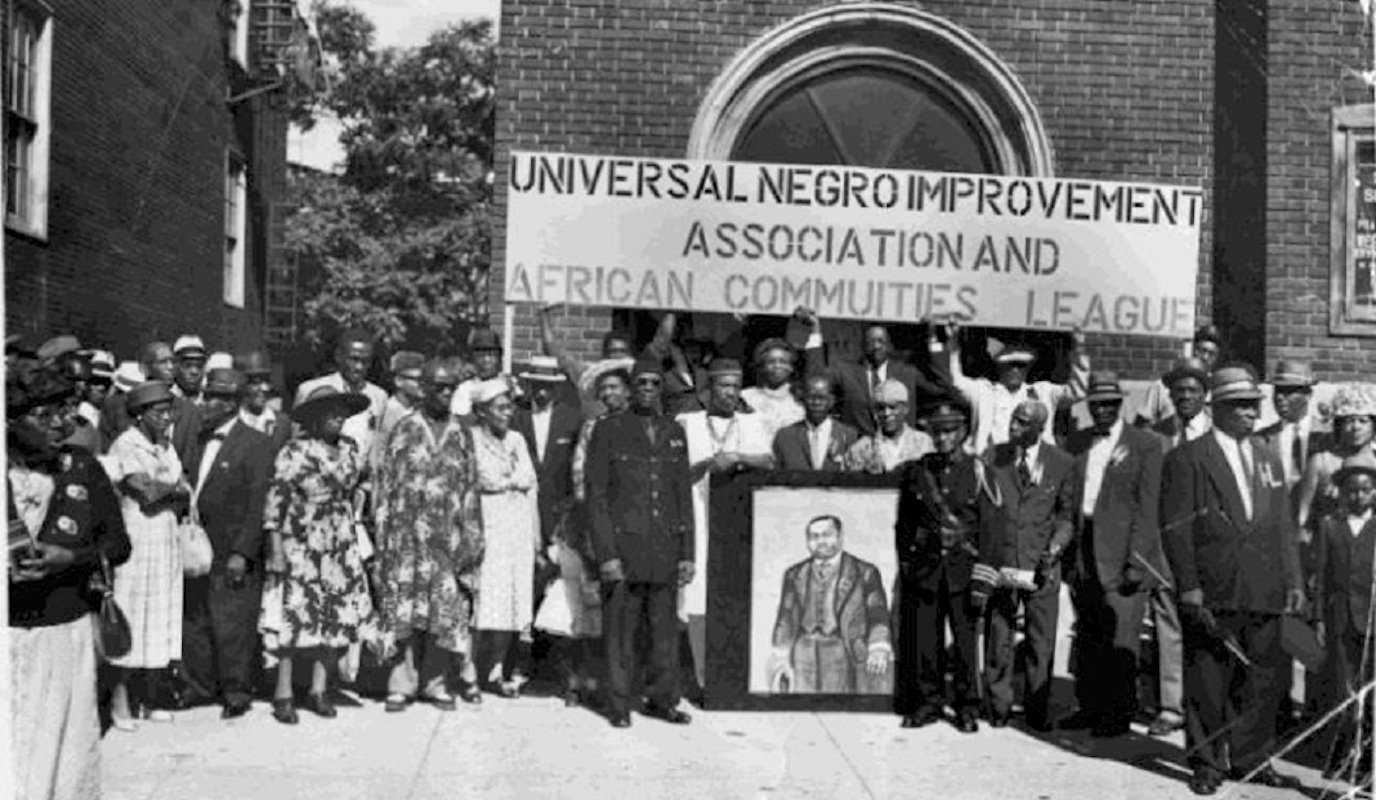
Welfare Capitalism
A system of labor relations that stressed management's responsibility for employees' well-being.
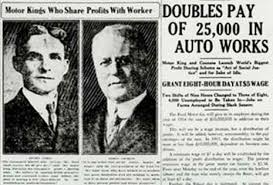
Women's International League for Peace and Freedom
An organization founded by women activists in 1919; its members denounced imperialism, stressed the human suffering caused by militarism, and proposed social justice measures.
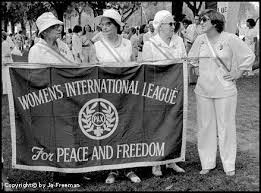
A. Mitchell Palmer
Attorney General who rounded up many suspects who were thought to be un-American and socialistic; he helped to increase the Red Scare; he was nicknamed the "Fighting Quaker" until a bomb destroyed his home; he then had a nervous breakdown and became known as the "Quaking Fighter."
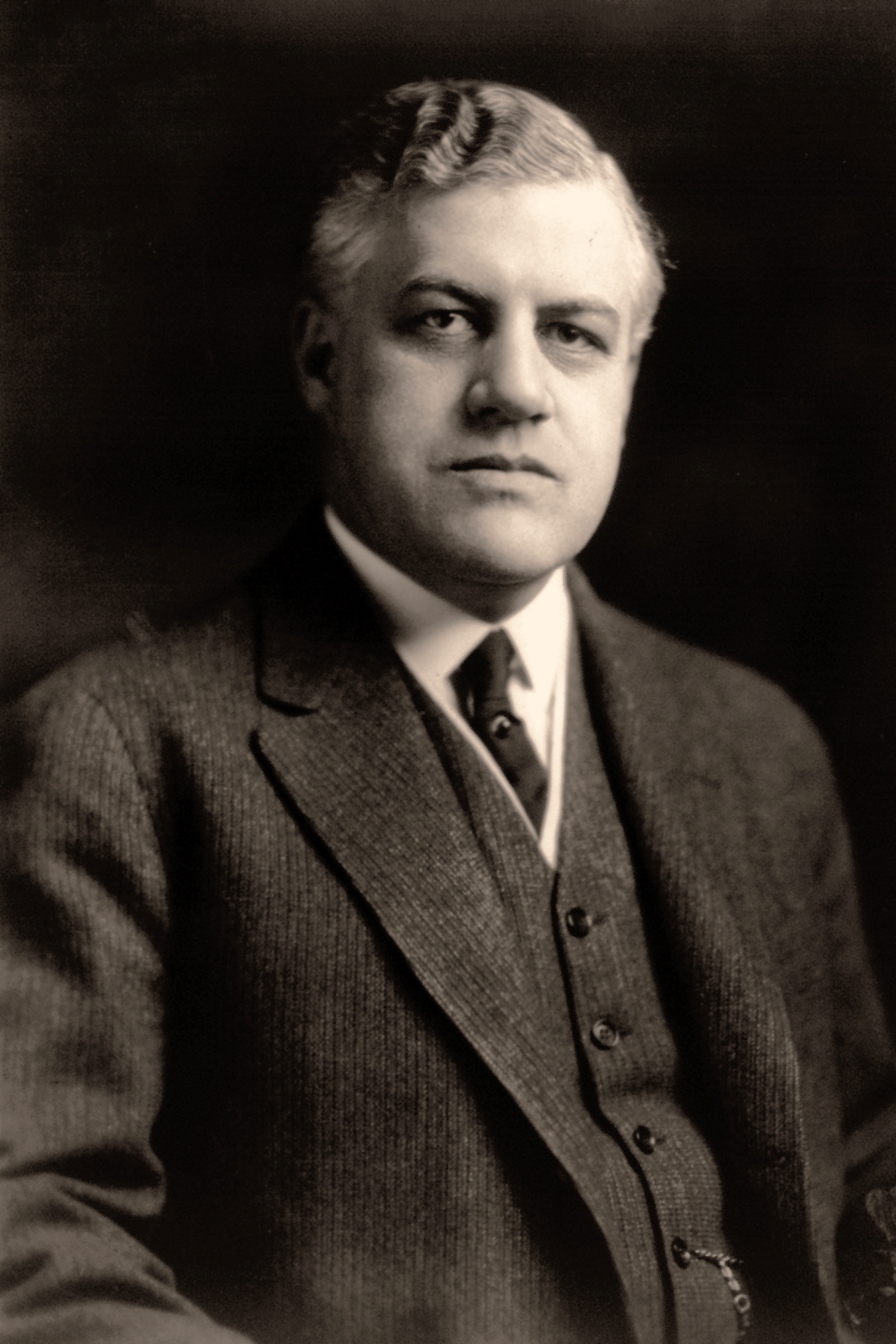
Nicola Sacco and Bartolomeo Vanzetti
Sacco and Vanzetti were two Italian immigrants convicted for a crime with very little evidence. Sacco and Vanzetti's guilty verdict reflected the anti-immigrant and anti-radical attitude of American citizens, being sentenced to death only because they were anarchists & of the italian origin. Worldwide protests happened as a result.
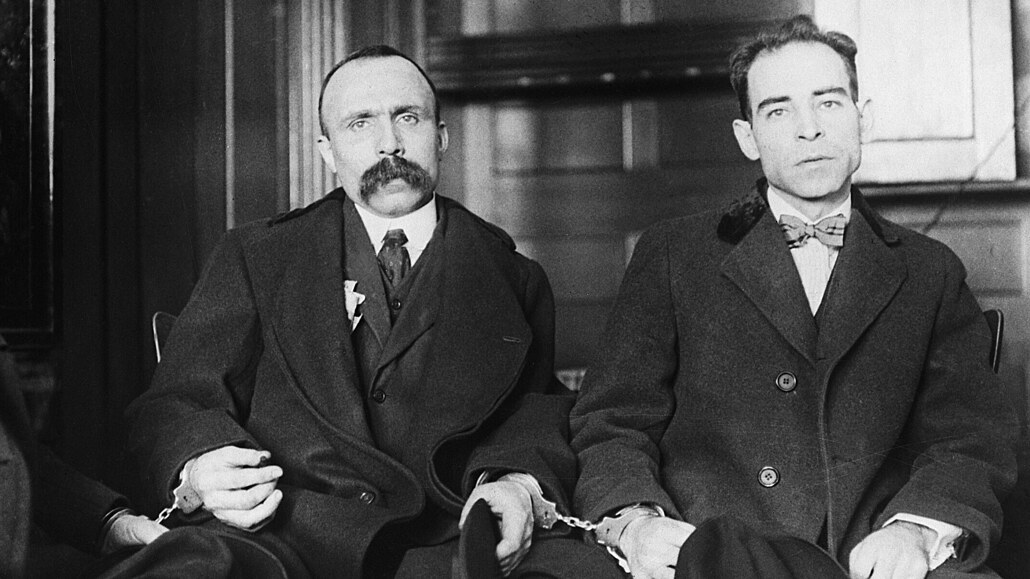
Henry Ford
Developed the mass-produced Model-T car, which sold at an affordable price. It pioneered the use of the assembly line. Also greatly increased his workers wages and instituted many modern concepts of regular work hours and job benefits.
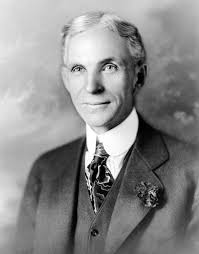
Leo Frank
A Jewish man charged with the murder of Mary Phagan. Originally sentenced to death but was later overturned by John Slaton (GA Governor) to life in prison. Tom Watson led a public outcry against Slaton. Frank was taken out of his cell by a group of angry men and lynched. His case will lead to the rebirth of KKK in GA.
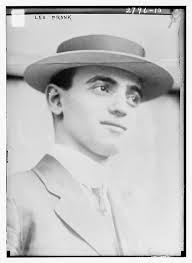
Zora Neale Hurston
Zora Neale Hurston was an influential African American writer, anthropologist, and key figure of the Harlem Renaissance, known for her novels, essays, and folklore collections that celebrated Black culture and identity. Her most famous work, 'Their Eyes Were Watching God,' is a seminal piece that explores themes of race, gender, and self-identity, showcasing the richness of African American life during the 1920s.
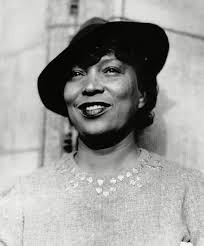
Louis Armstrong
Leading African American jazz musician during the Harlem Renaissance; he was a talented trumpeter whose style influenced many later musicians.
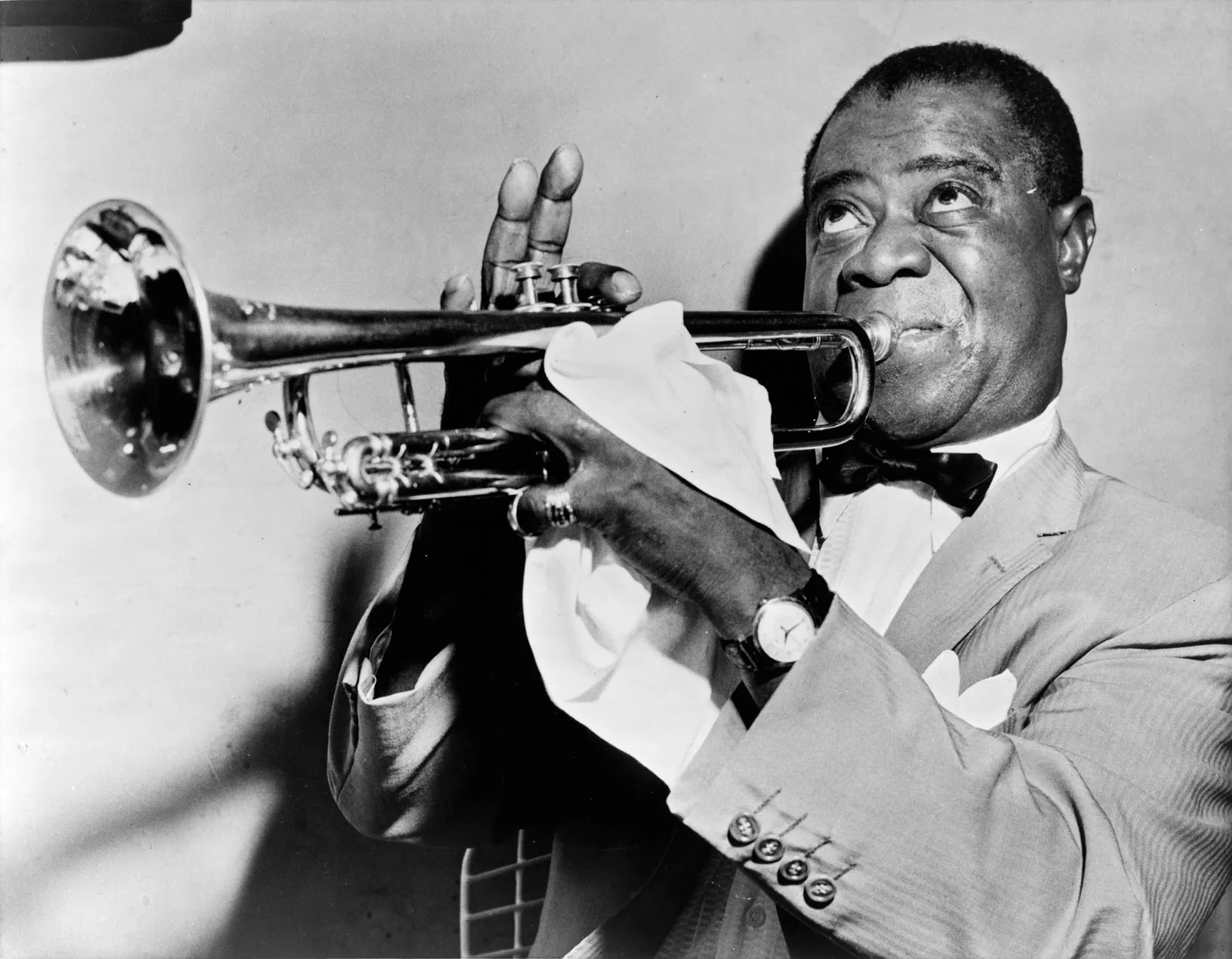
Marcus Garvey
Powerful Harlem political leader in the 1920s, urged black economic cooperation and helped African Americans start businesses, founded the Universal Negro Improvement Association (UNIA), and advocated for the mass migration of African Americans to Africa (“Back to Africa” movement)
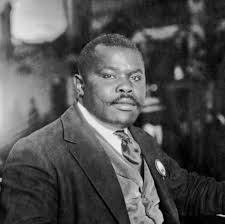
Adolph Zukor
Hungarian immigrant who started out setting up 5 cent theaters before he founded Paramount Pictures, signed emerging stars, and produced successful feature-length films. He brought mass production, movie stars, and large projects to movie making; directors, writers, editors and technicians
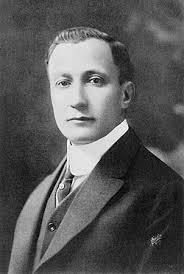
Agricultural Adjustment Act of 1933
New Deal legislation that aimed at cutting agricultural production to raise crop prices and thus farmers' income.
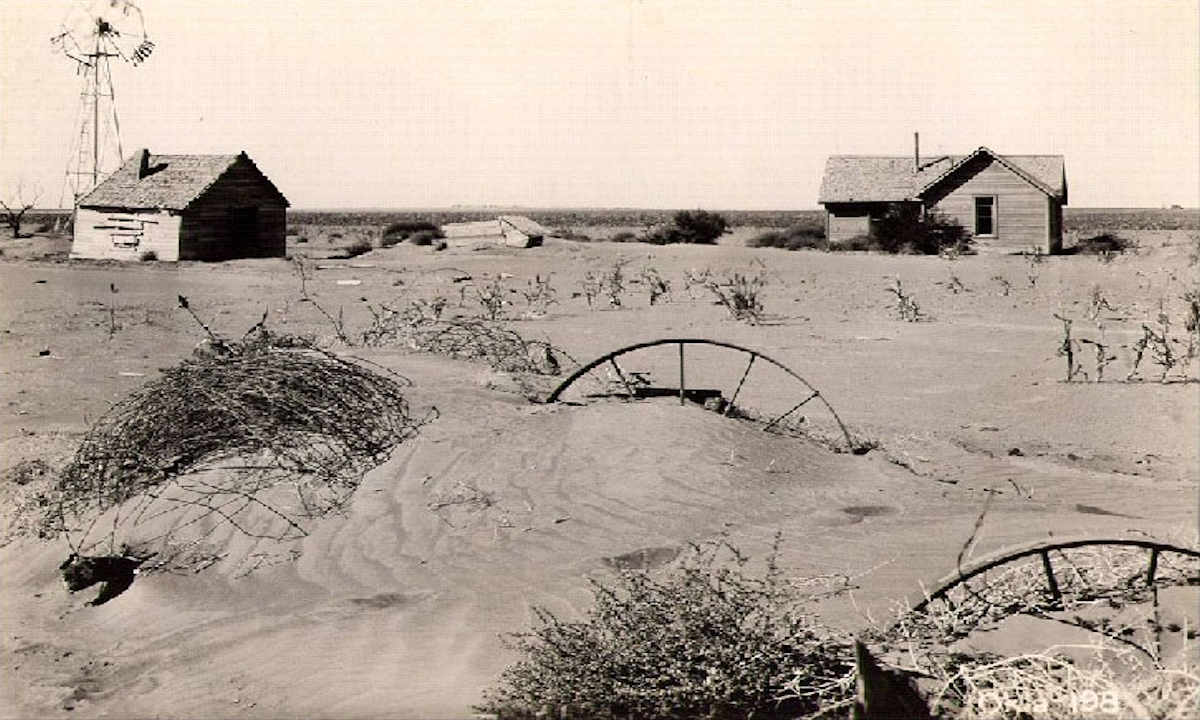
Bonus Army
A group of fifteen thousand unemployed World War I veterans who set up camps near the Capitol building in 1932 to demand immediate payment of pension awards due to be paid in 1945.
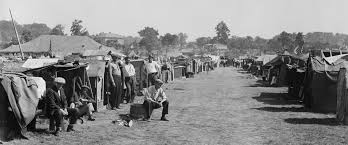
Civilian Conservation Corps (1933)
Federal relief program that provided jobs to millions of unemployed young men who built thousands of bridges, roads, trails, and other structures in state and national parks, bolstering the national infrastructure.
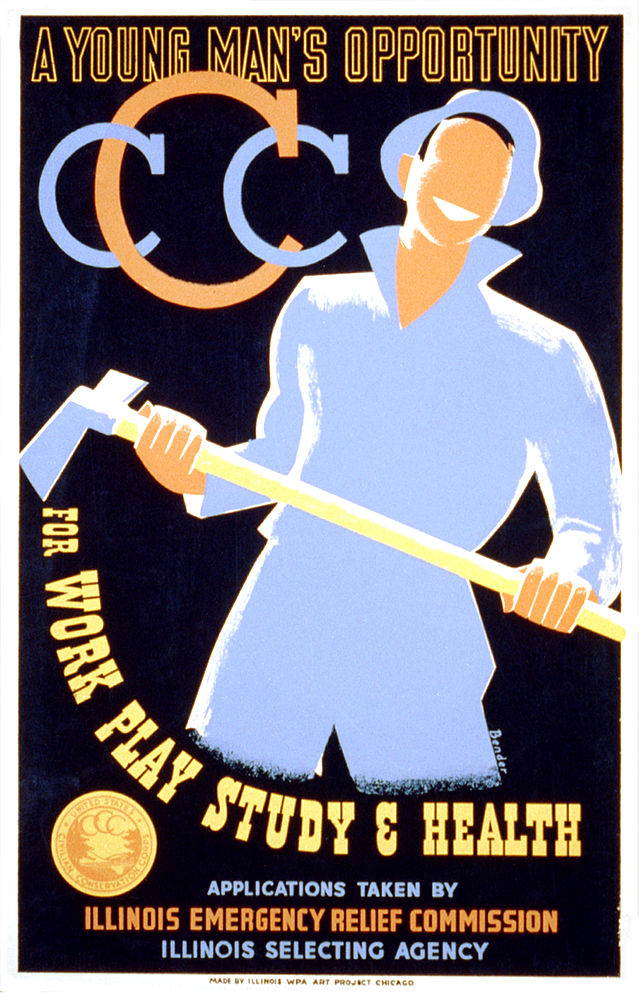
Classical Liberalism
The political ideology of individual liberty, private property, a competitive market economy, free trade, and limited government.
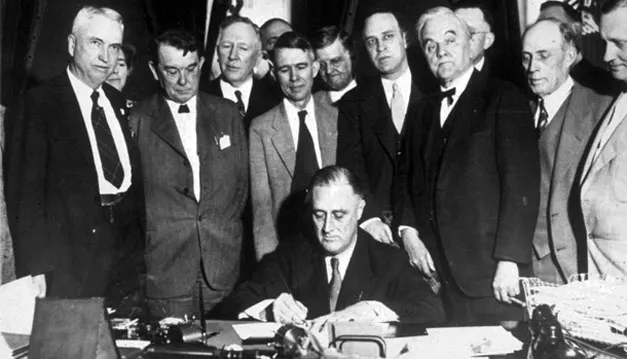
Dust Bowl
The name for the severe drought that afflicted the semiarid states of Oklahoma, Texas, New Mexico, Colorado, Arkansas, and Kansas from 1930 to 1941.
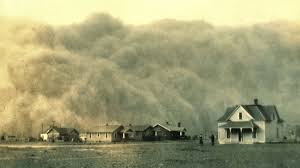
Federal Housing Administration (1934)
An agency established by the Federal Housing Act that refinanced home mortgages for mortgage holders facing possible foreclosure.
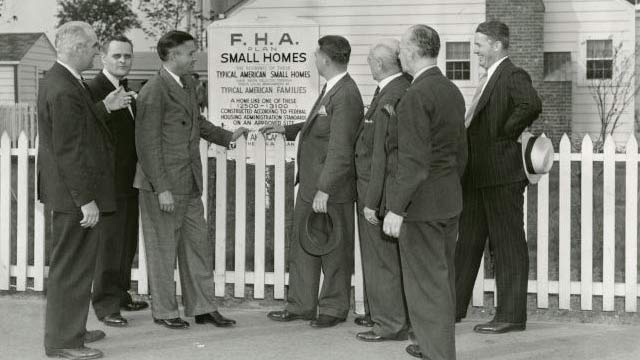
Fireside Chats
A series of informal radio addresses Franklin Roosevelt made to the nation in which he explained New Deal initiatives.
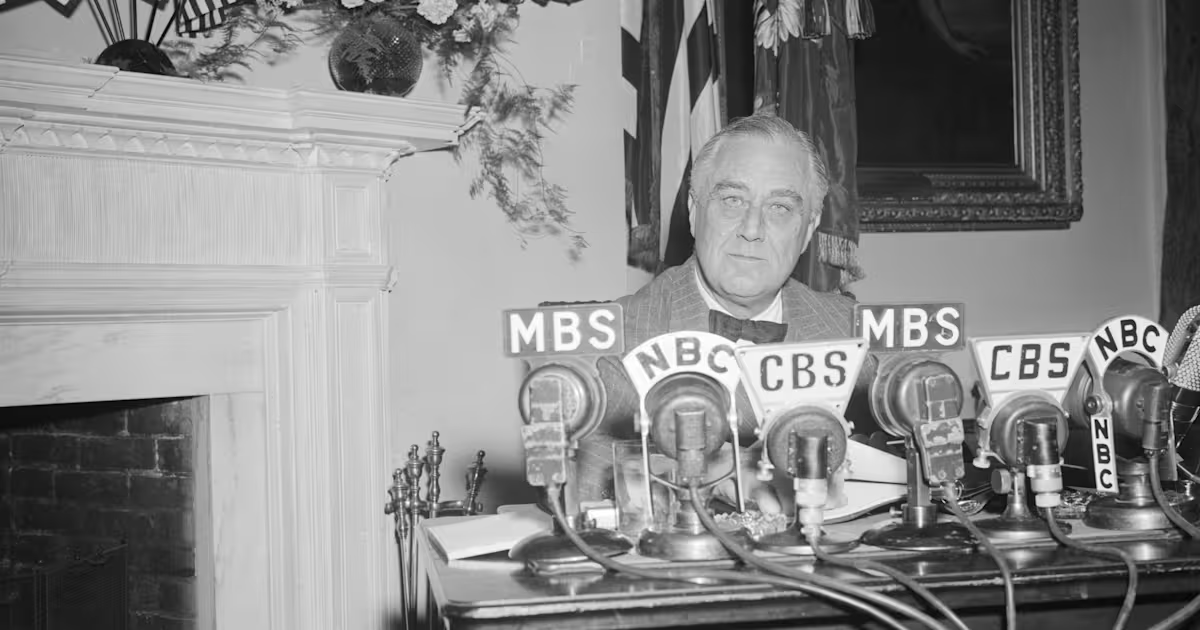
Glass-Steagall Act of 1933
The law that created the Federal Deposit Insurance Corporation (FDIC), which insured deposits up to $2,500 (and now up to $250,000). The act also prohibited banks from making risky, unsecured investments with customers' deposits.
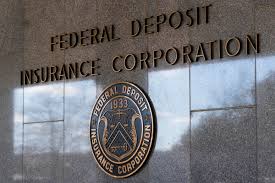
Hundred Days
A legendary session during the first few months of Franklin Roosevelt's administration in which Congress enacted fifteen major bills that focused primarily on four problems: banking failures, agricultural overproduction, the business slump, and soaring unemployment.
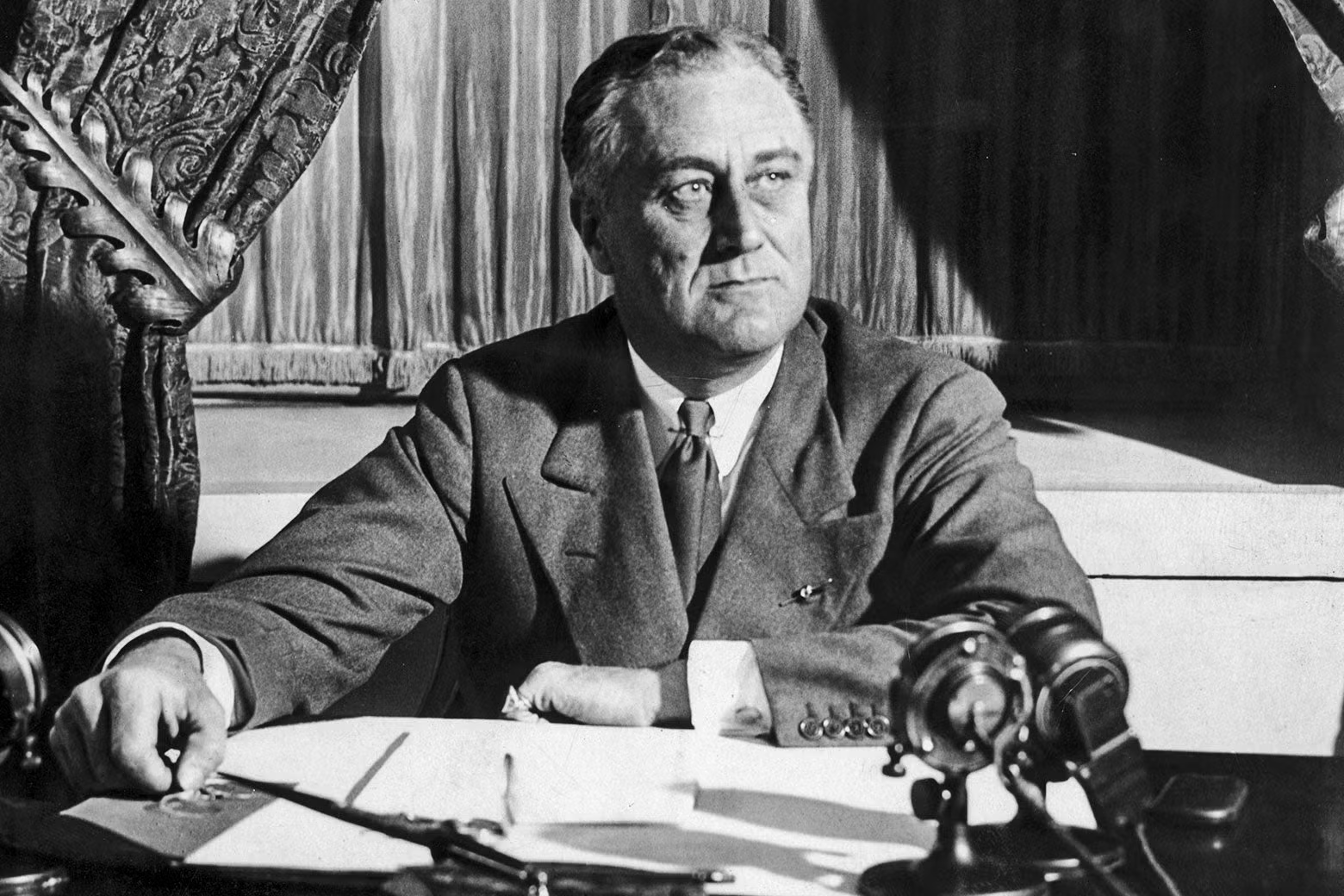
Indian Reorganization Act of 1934
The law that reversed the Dawes Act of 1887, granting Indians a greater degree of religious freedom and restoring tribal governments.
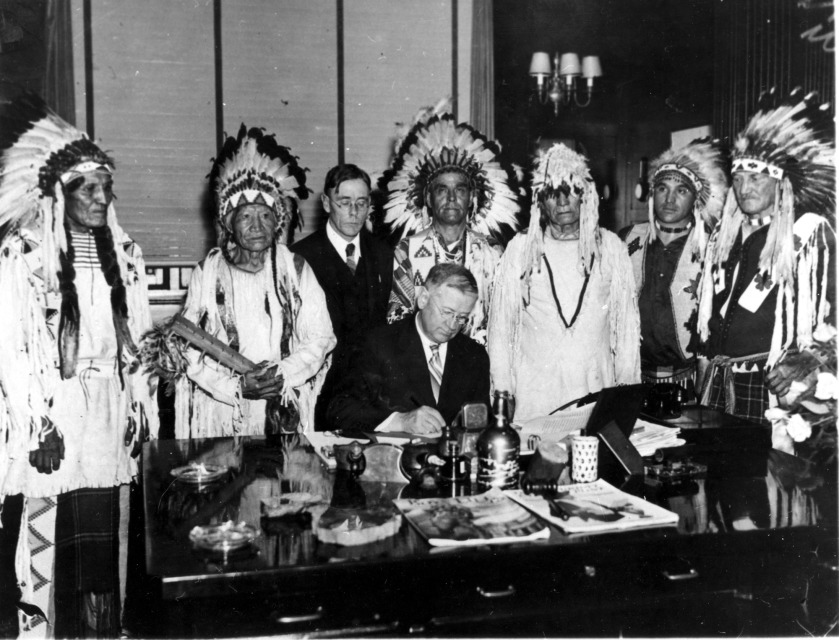
Keynesian Economics
The theory that purposeful government intervention in the economy can affect the level of overall economic activity and thereby prevent severe depressions and runaway inflation.
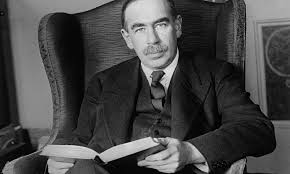
Liberty League
A group of Republican business leaders and conservative Democrats who banded together to fight what they called the 'reckless spending' and 'socialist' reforms of the New Deal.
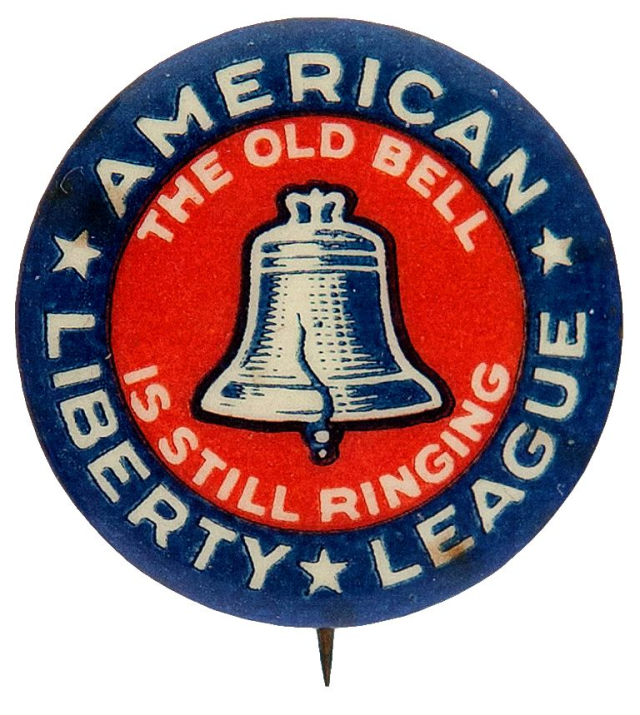
National Association of Manufacturers
An association of industrialists and business leaders opposed to government regulation.
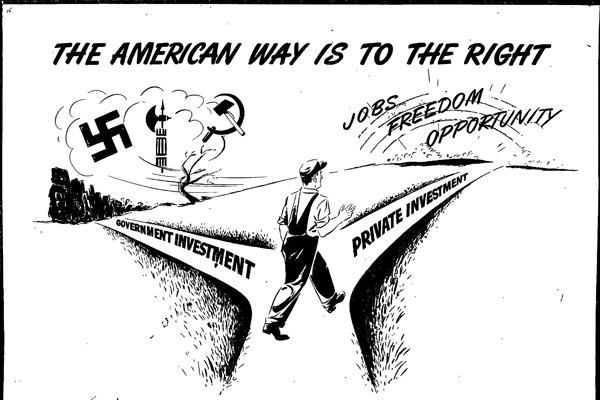
National Recovery Administration (1933)
Federal agency established to promote industrial recovery during the Great Depression. It encouraged industrialists to voluntarily adopt codes that defined fair working conditions, set prices, and minimized competition.
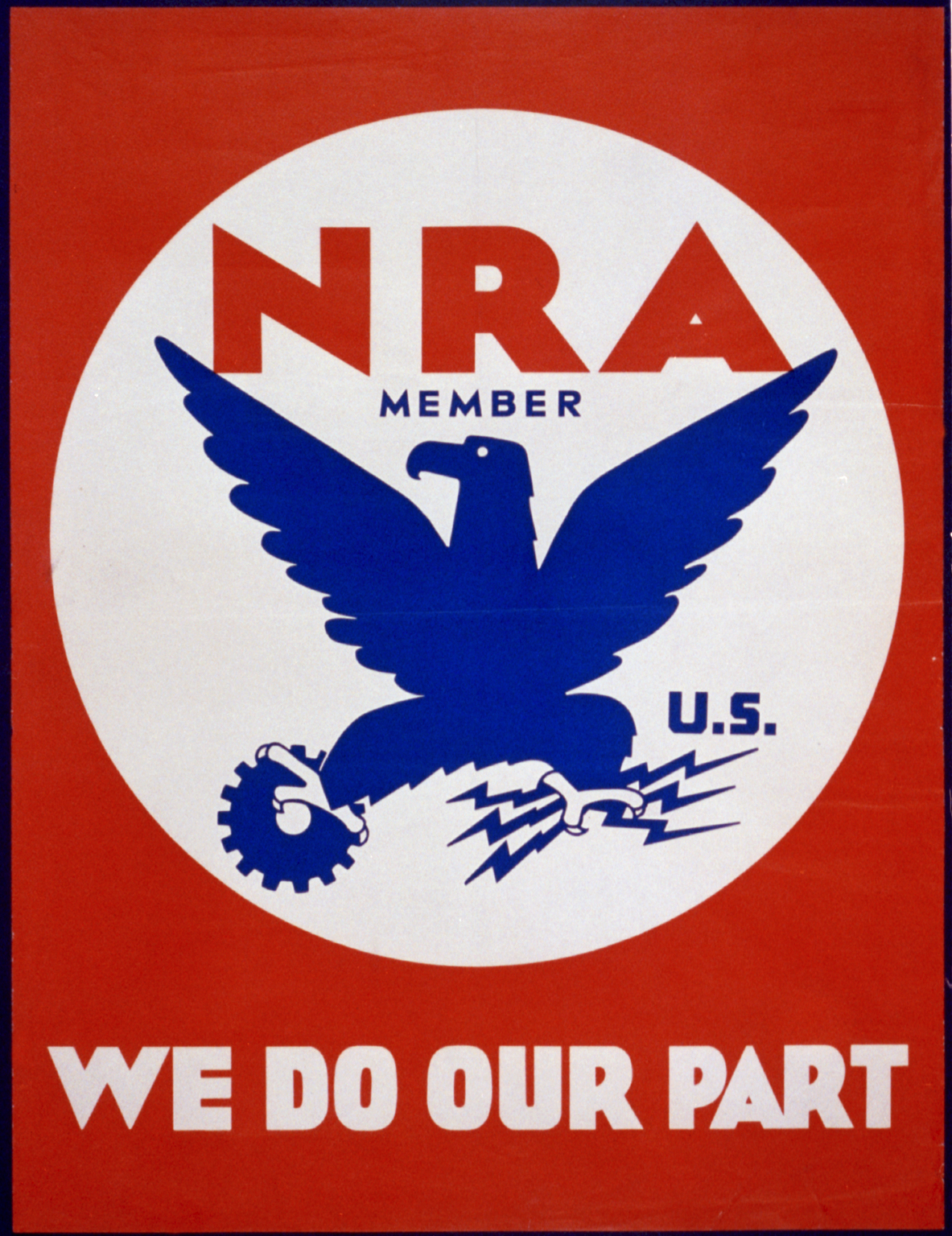
Public Works Administration (1933)
A New Deal construction program established by Congress designed to put people back to work. It built the Boulder Dam (renamed Hoover Dam) and Grand Coulee Dam, among other large projects.
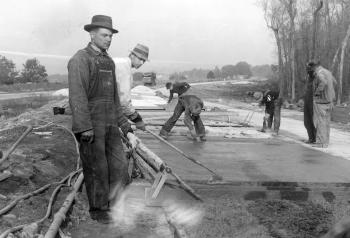
Roosevelt Recession (1937 - 1938)
A contraction in the economy that occurred after President Roosevelt cut the federal budget.
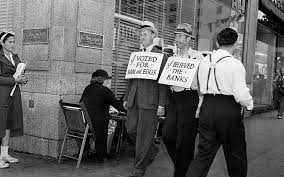
Rural Electrification Administration (1935)
An agency established to promote nonprofit farm cooperatives that offered loans to farmers to install power lines.
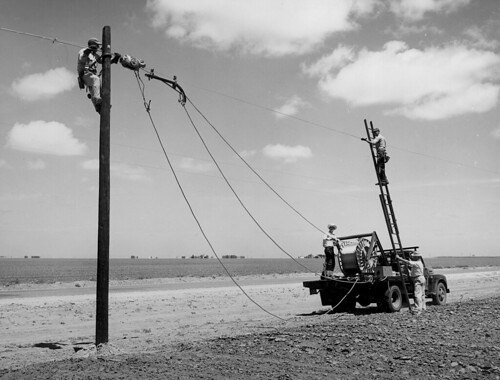
Securities and Exchange Commission (1934)
A group established by Congress to regulate the stock market. It had broad powers to determine how stocks and bonds were sold to the public, to set rules for margin (credit) transactions, and to prevent stock sales by those with inside information about corporate plans.
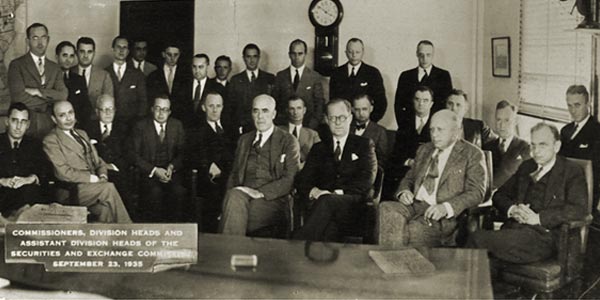
Smoot-Hawley Tariff Act of 1930
Anyone? Anyone? — A high tariff enacted during the Great Depression. By taxing imported goods, Congress hoped to —Anyone? Anyone? — stimulate American manufacturing, but the tariff triggered retaliatory tariffs in other countries, which — Anyone? Anyone? — further hindered global trade and led to greater economic contraction.
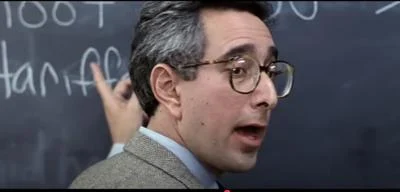
Social Security Act of 1935
An act established with three main provisions: old-age pensions for workers; a joint federal-state system of compensation for unemployed workers; and a program of payments to widowed mothers and the blind, deaf, and disabled.
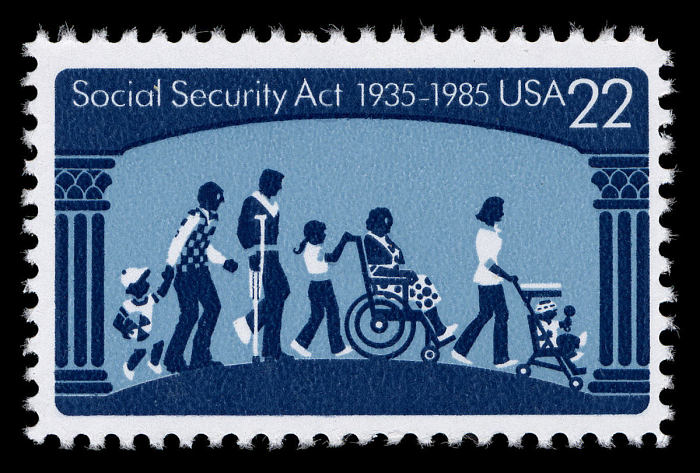
Tennessee Valley Authority (1935)
An agency funded by Congress in 1933 that integrated flood control, reforestation, electricity generation, and agricultural and industrial development.
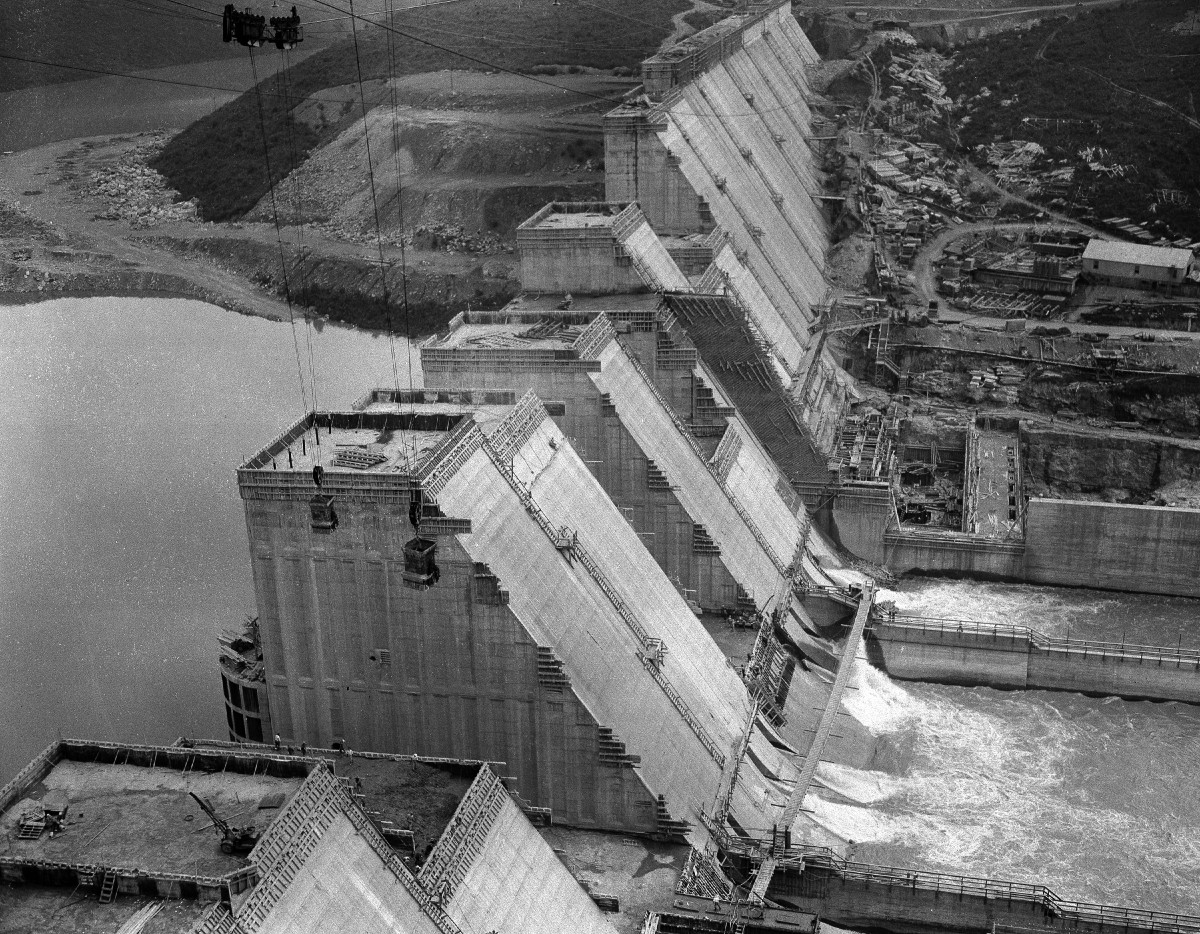
Townsend Plan of 1933
A plan that would give $200 a month (about $3,300 today) to citizens over the age of sixty.
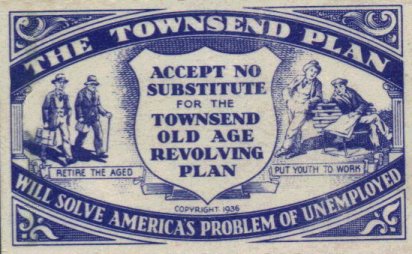
Wagner Act of 1935
A 1935 act that upheld the right of industrial workers to join unions and established the National Labor Relations Board (NLRB).
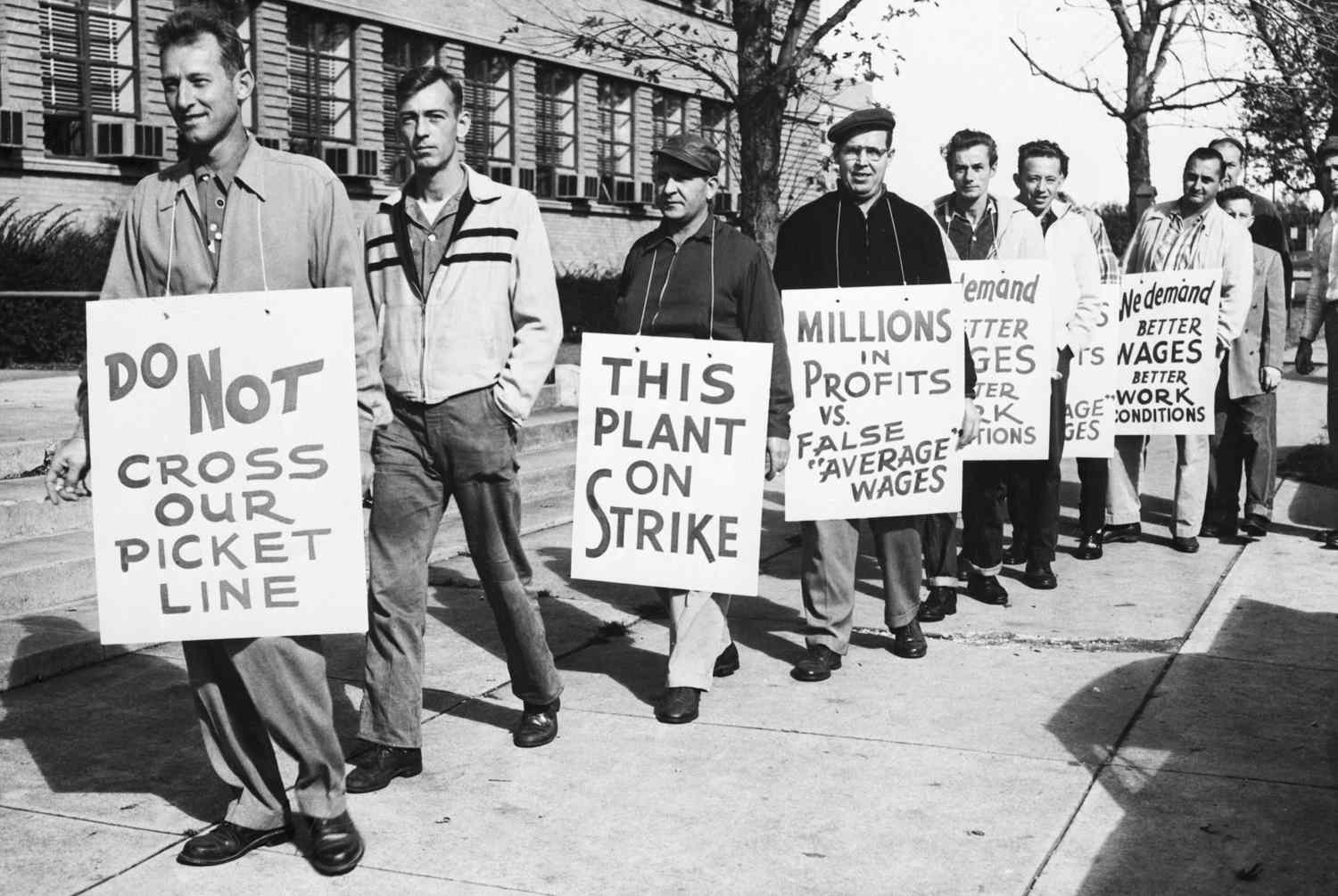
Welfare State
A term applied to industrial democracies that adopt various government-guaranteed social-welfare programs.
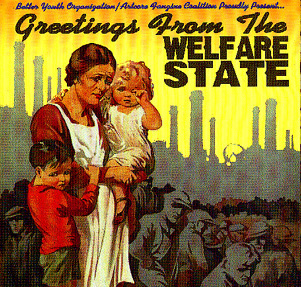
Works Progress Administration (1935)
Federal New Deal program that provided government-funded public works jobs to millions of unemployed Americans during the Great Depression.
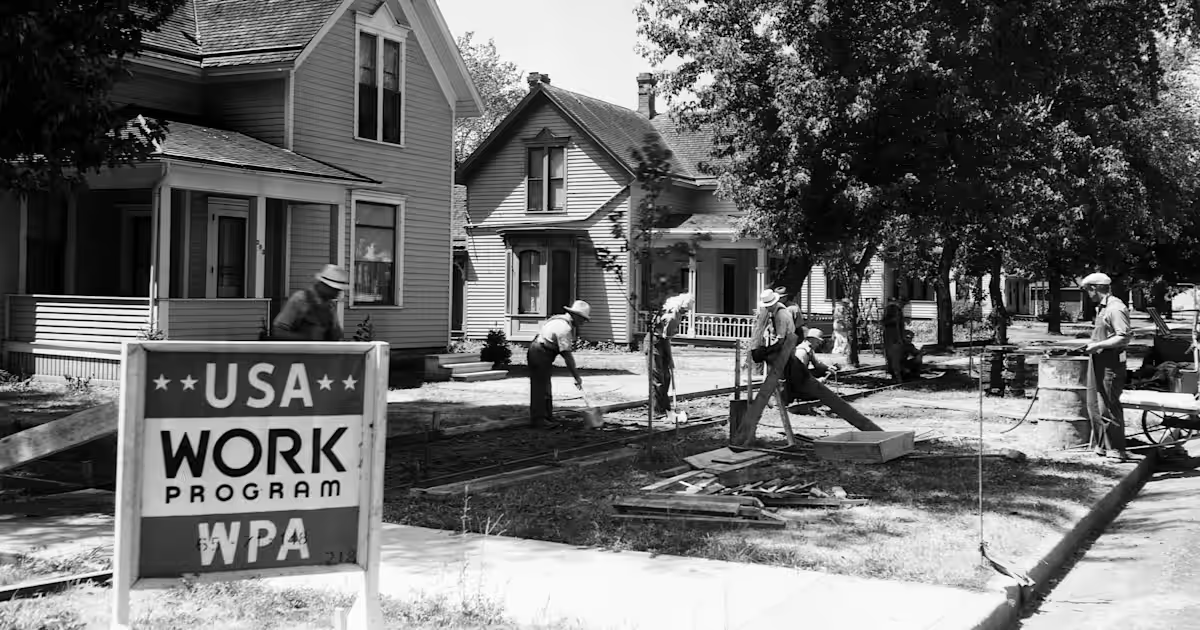
Herbert Hoover
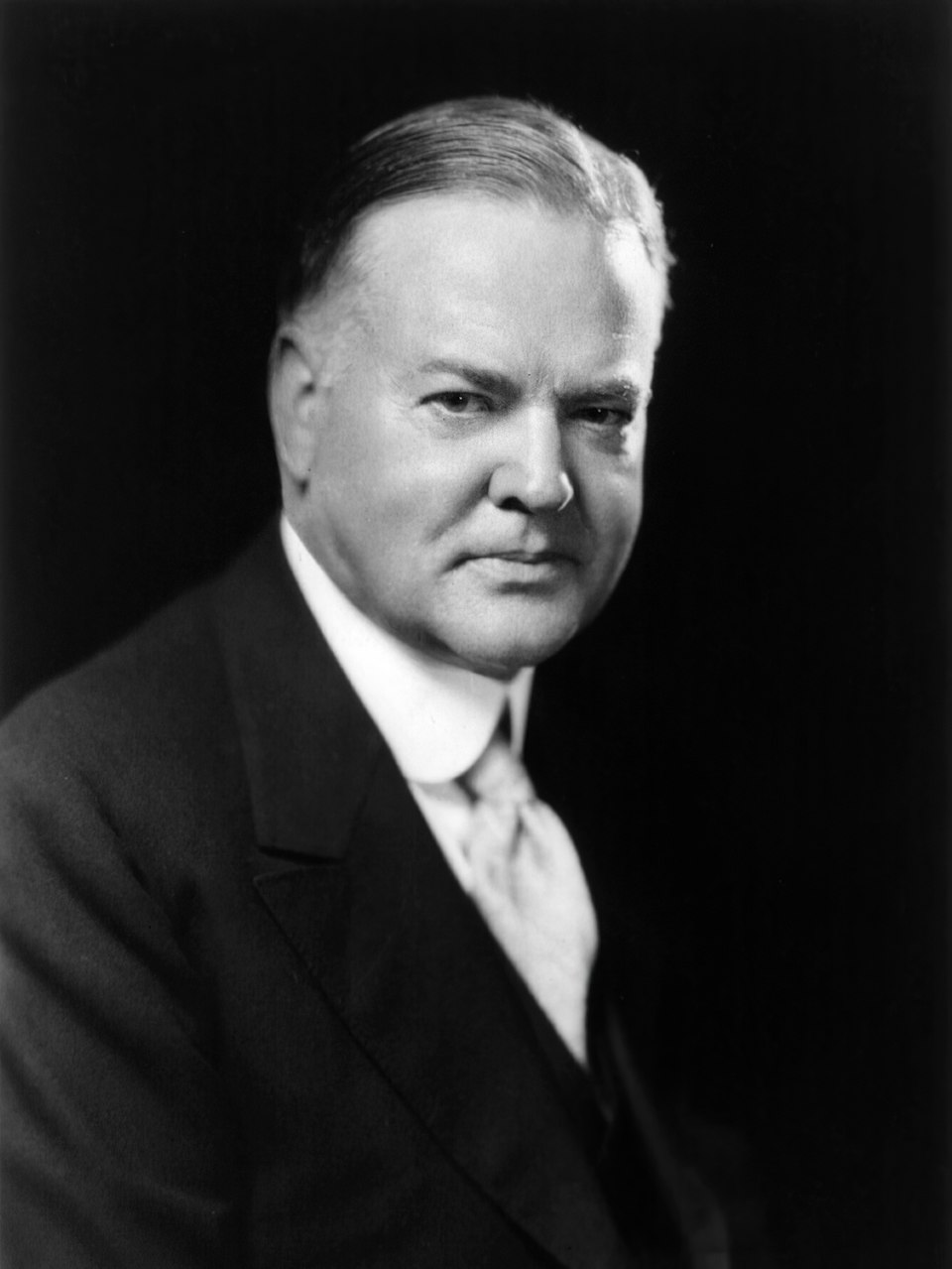
Franklin D. Roosevelt
Thirty-second President of the United States, elected to four terms, served three, central figure during the Great Depression and WWII, New Deal
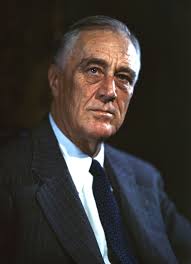
Father Charles Coughlin
A Catholic priest from Michigan who was critical of FDR on his radio show. His radio show morphed into being severely against Jews during WWII and he was eventually kicked off the air, however before his fascist rants, he was wildly popular among those who opposed FDR's New Deal.
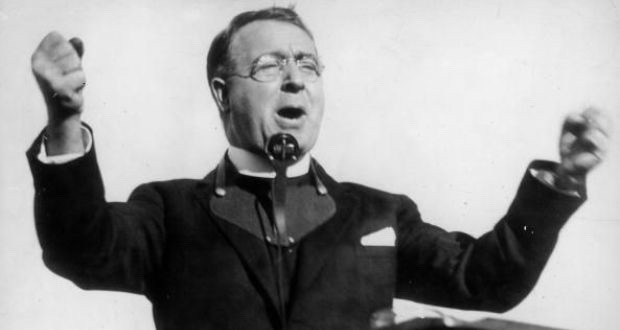
Huey Long
Democratic governor from Louisiana; publicized his "Share Our Wealth" society; said that the Depression stemmed not from overproduction but from under-consumption; increased taxes, built new highways; almost dictatorial control of state government., He advocated the share-our-wealth plan as an alternative to the new deal. The government could end the depression by taxing the rich and giving their surplus money to the rest of the poor.
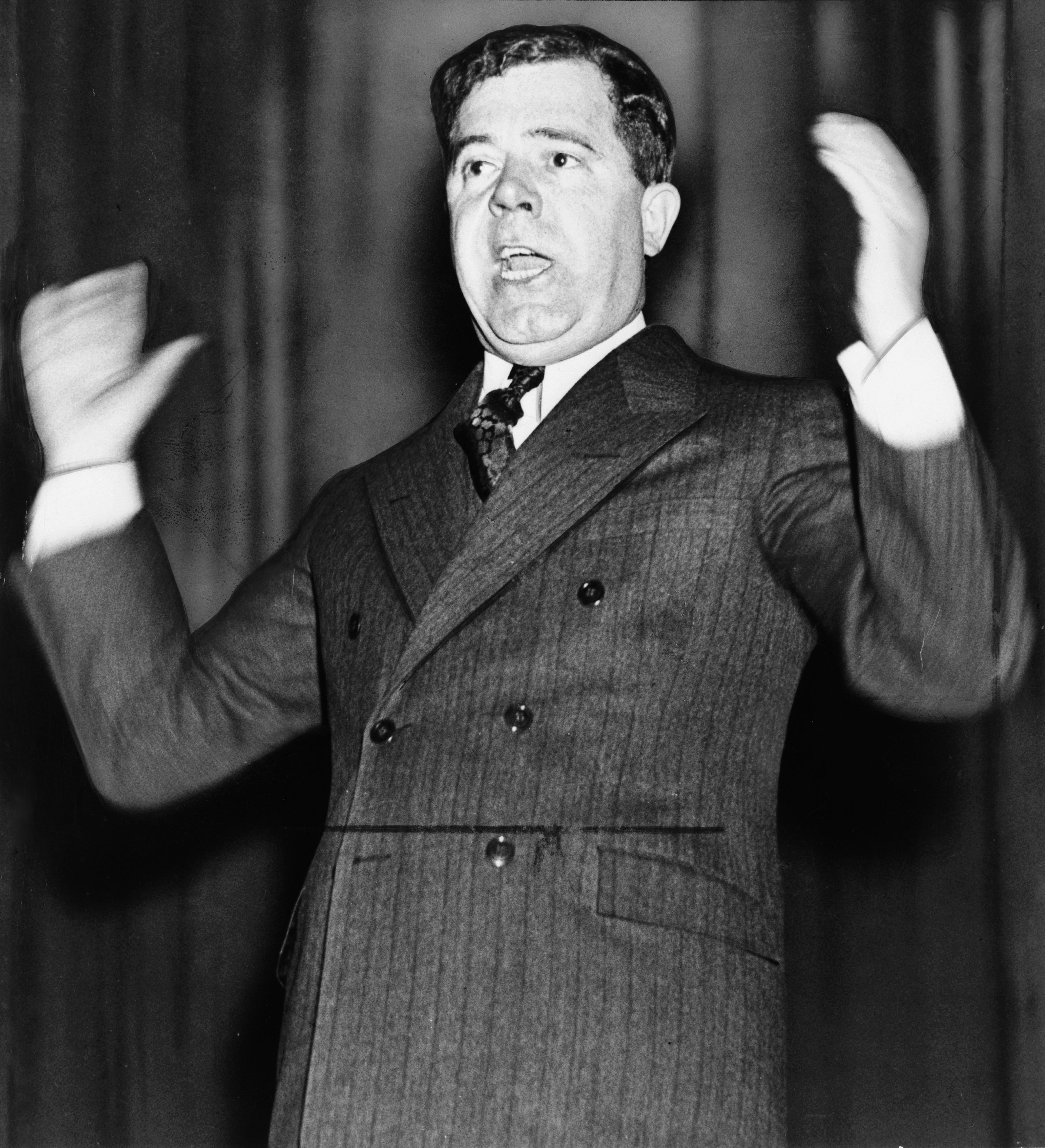
Frances Perkins
1882 - 1965, She was the U.S. Secretary of Labor from 1933 to 1945, and the first woman ever appointed to the cabinet. As a loyal supporter of her friend Franklin D. Roosevelt, she helped pull the labor movement into the New Deal coalition.
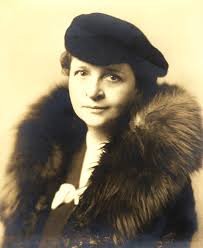
Eleanor Roosevelt
1884-1962, , FDR's Wife and New Deal supporter. Was a great supporter of civil rights and opposed the Jim Crow laws. She also worked for birth control and better conditions for working women., She traveled the United States to promote the New Deal and to defend human rights., Associated with Women's Rights. Appointed chair of the Presidential Commission on the Status of Women. "Equal pay for equal work" and closing the "wage gap" were prime on her agenda. First ever active first lady.
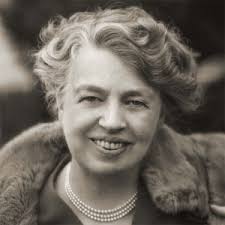
Mary McLeod Bethune
The highest-ranking African-American in the Roosevelt administration, she headed up the Office of Minority Affairs and was a leader of the unofficial "Black Cabinet," which sought to apply New Deal benefits to blacks as well as whites, and founded the Bethune-Cookman University
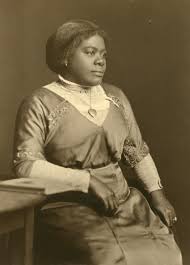
John Collier
He was first appointed as Commissioner of Indian Affairs by Franklin Roosevelt in 1933. This marked a huge reversal in policies regarding the Native Americans. Collier managed to pass the Indian Reorganization Act of 1934 which allowed for tribal self-government and consolidating individual land allotments back into tribal hands. Native Americans had not known these privileges for over a century. Convincing Washington DC that Native Americans deserve rights was a huge historical accomplishment. After all of this, American Indians raised under his Indian New Deal often demonstrated a new militancy in dealing with the government and seemed better prepared to secure their own rights. More and more rights were given back to Native Americans over the years thanks to the initial steps that he took.
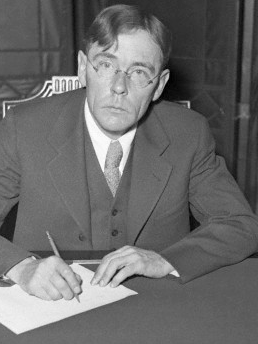
America First Committee
An isolationist organization in the United States during the late 1930s and early 1940s that opposed US involvement in World War II and advocated for neutrality.
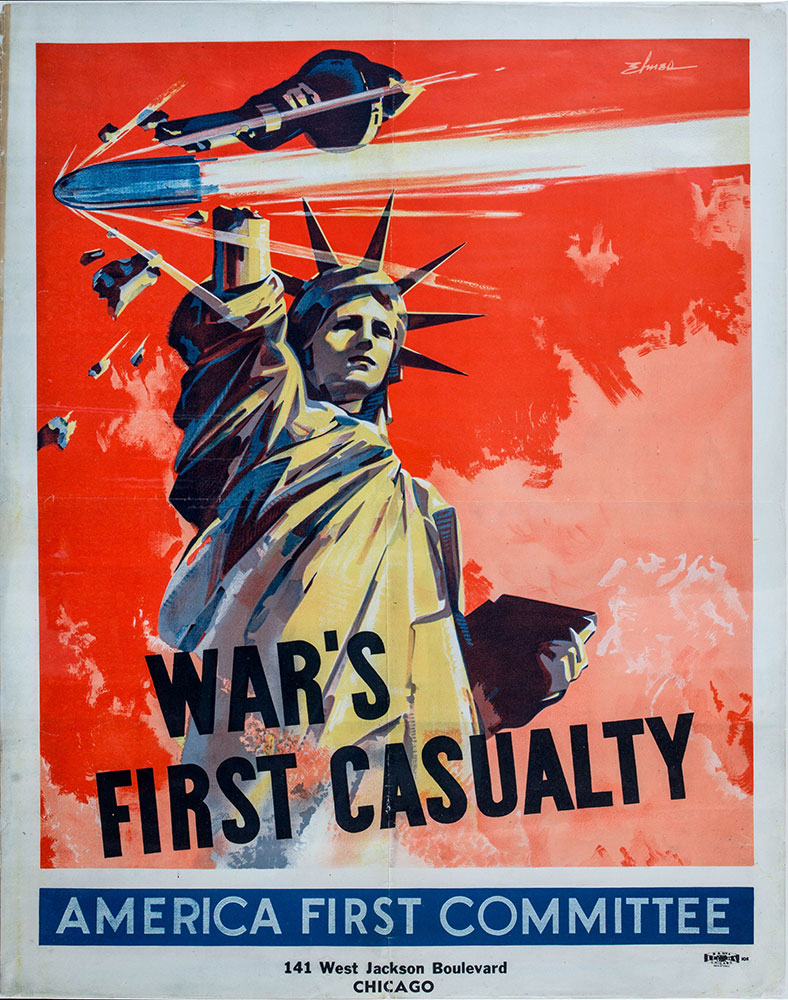
Atlantic Charter
A 1941 agreement between President Franklin D. Roosevelt and British Prime Minister Winston Churchill outlining their vision for a post-World War II world based on principles of self-determination and international cooperation.
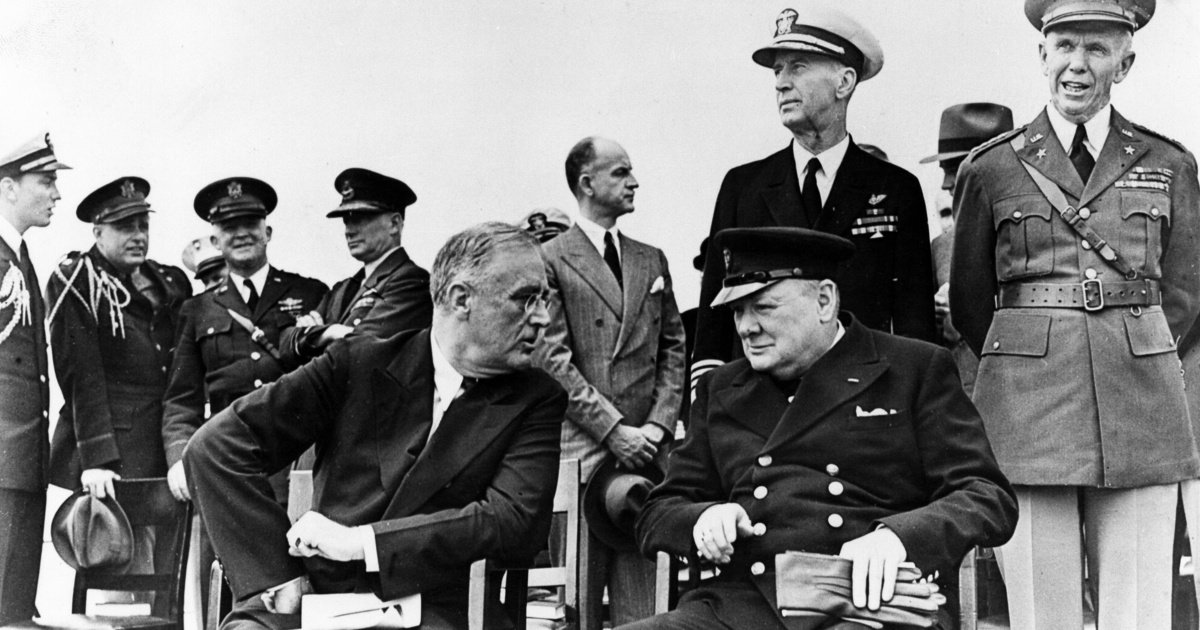
Navajo Code Talkers
Native American soldiers who used their tribal languages as codes during World War II to transmit secret messages, contributing significantly to Allied communications security.
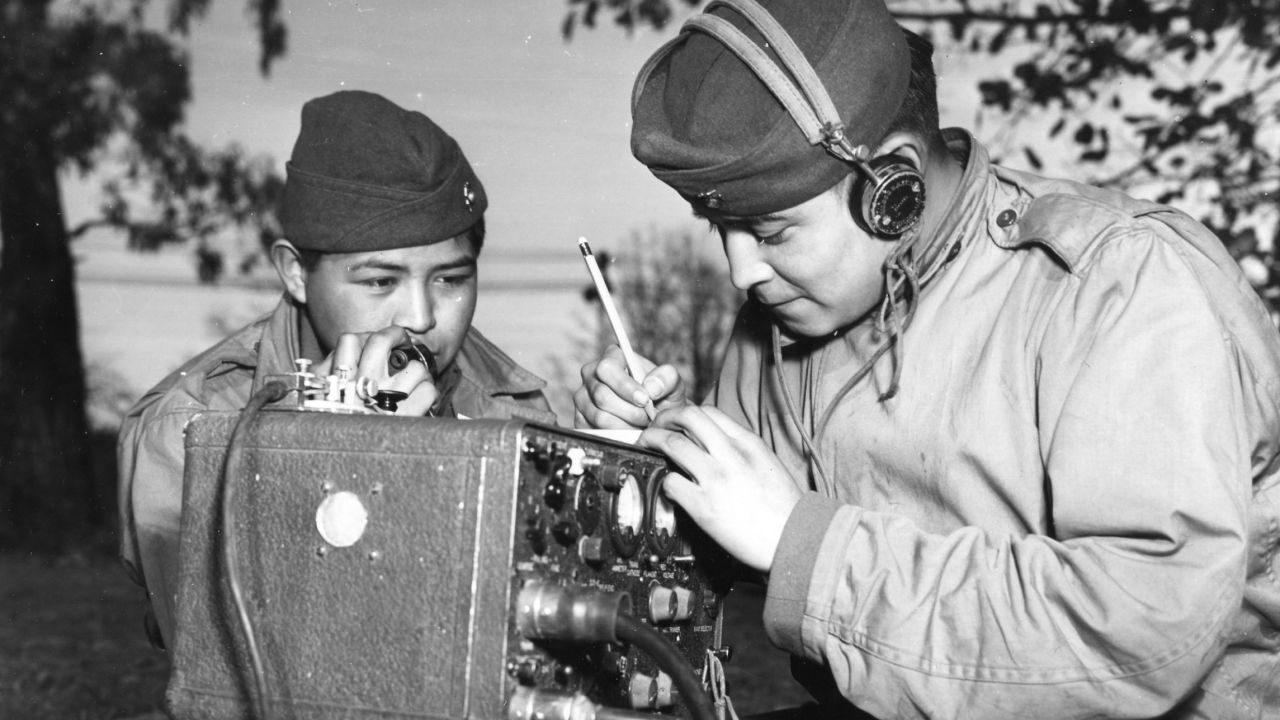
Committee to Defend America By Aiding the Allies
A US organization formed in 1940 advocating for US support of Allied nations in their fight against Axis powers, laying the groundwork for policies like the Lend-Lease Act.
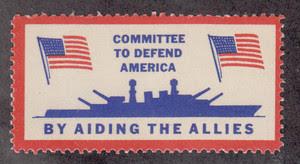
D-Day
June 6, 1944, when Allied forces launched the largest amphibious invasion in history, landing in Normandy, France, marking a turning point in World War II by opening a second front in Europe against Nazi Germany.
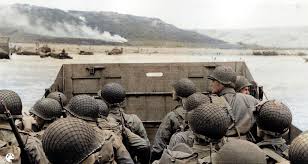
Executive Order 8802
Issued by President Franklin D. Roosevelt in 1941, this order prohibited racial discrimination in the defense industry and government contracting, promoting equal opportunity for African Americans during the war effort.
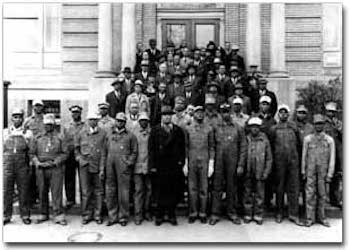
Executive Order 9066
Issued by President Franklin D. Roosevelt in 1942, this order authorized the internment of Japanese Americans and Japanese immigrants in the United States during World War II, based on fears of espionage and sabotage.
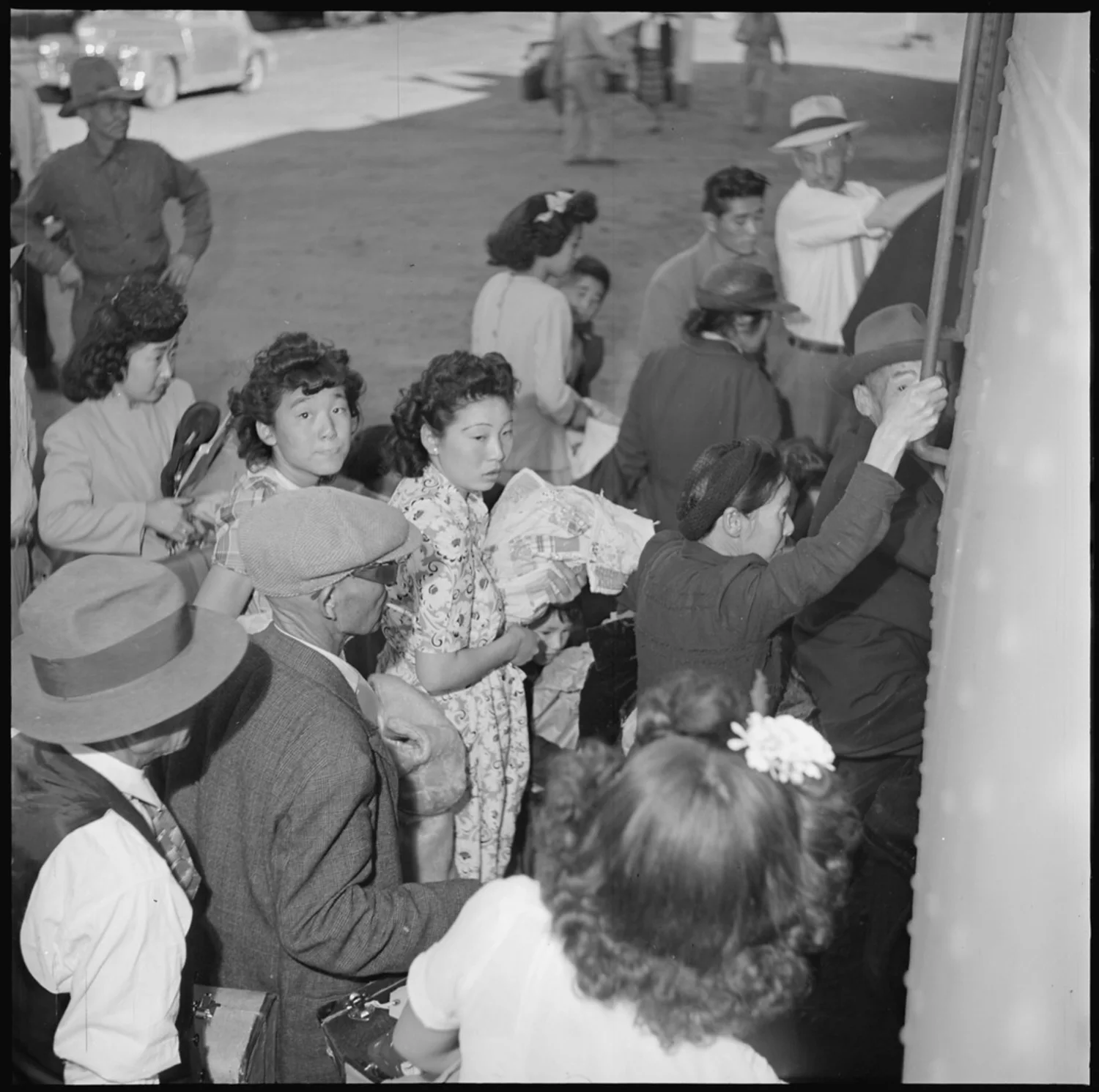
Fascism
A totalitarian political ideology characterized by dictatorial power, extreme nationalism, suppression of opposition, and often racist or xenophobic beliefs, as seen in Italy under Mussolini and Germany under Hitler.
